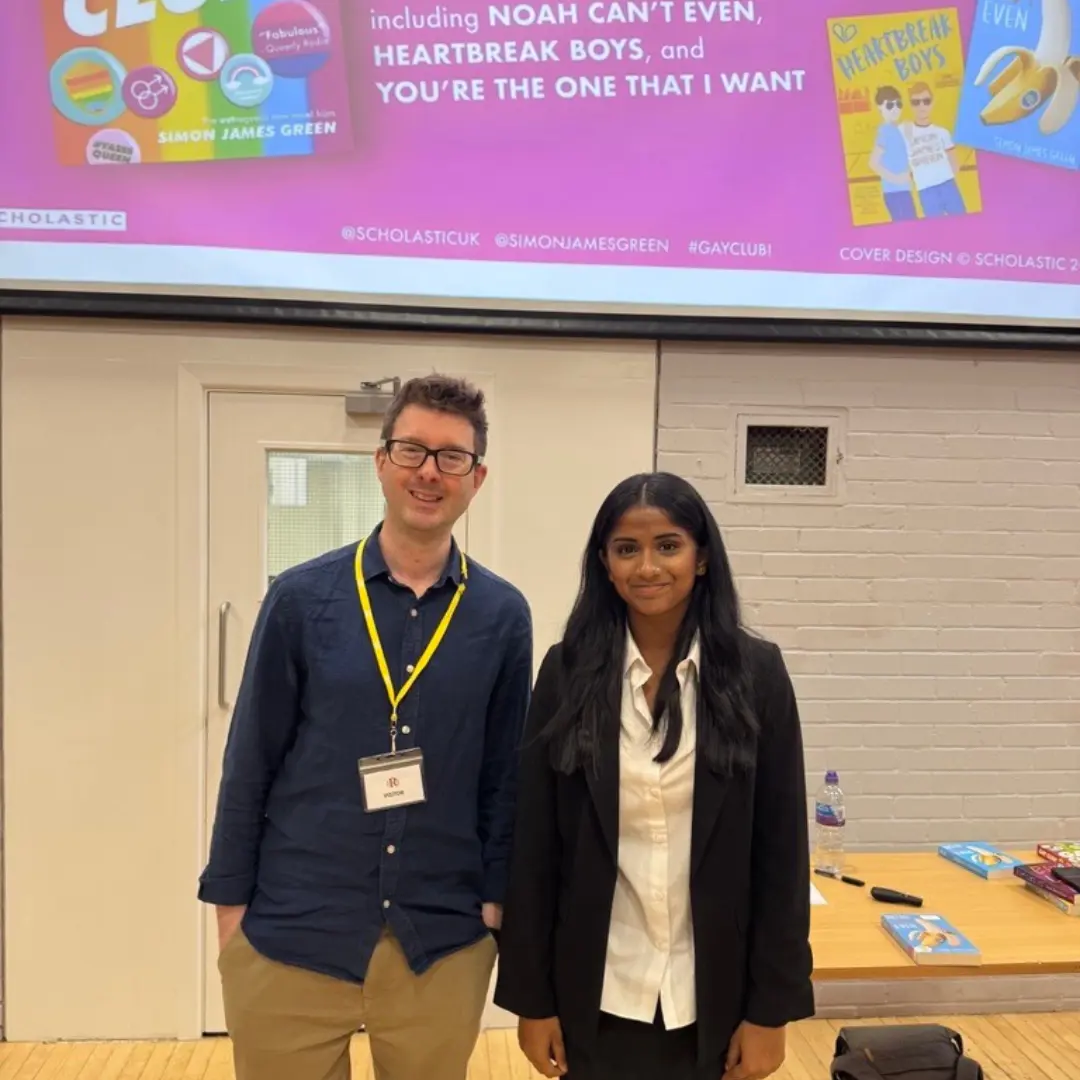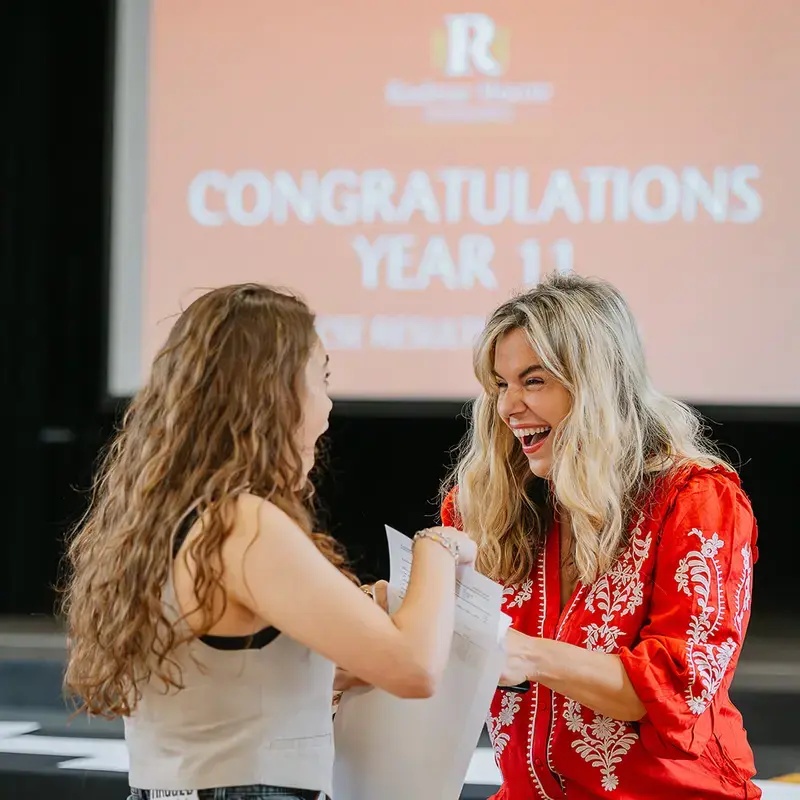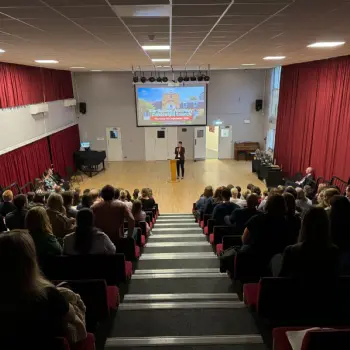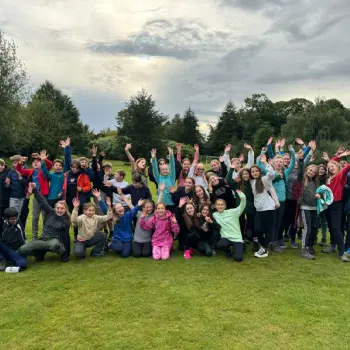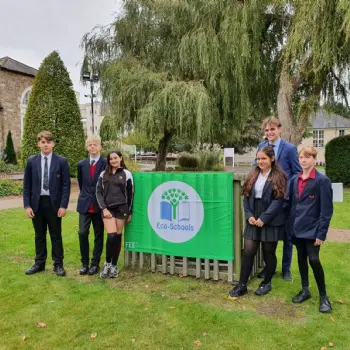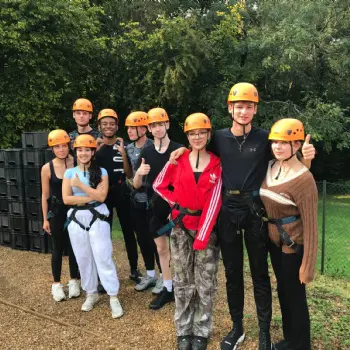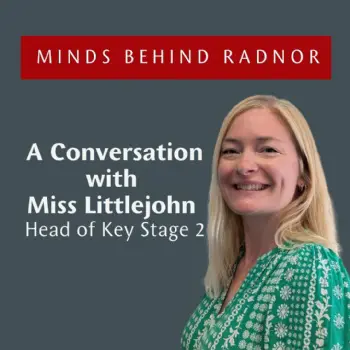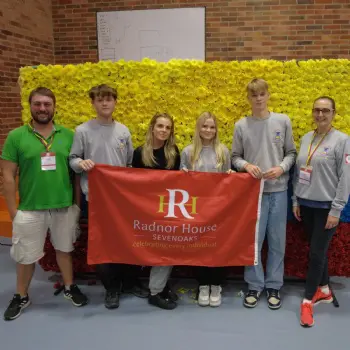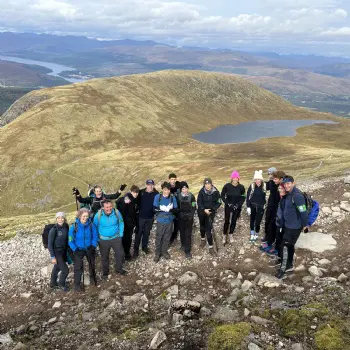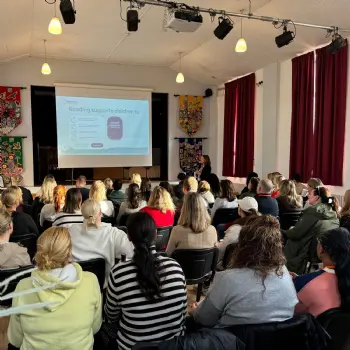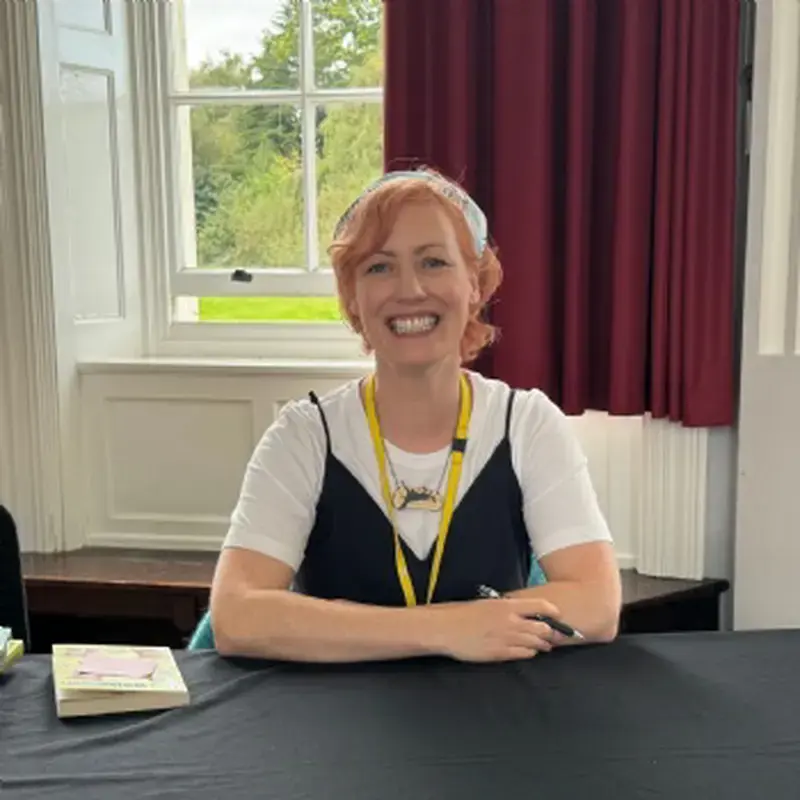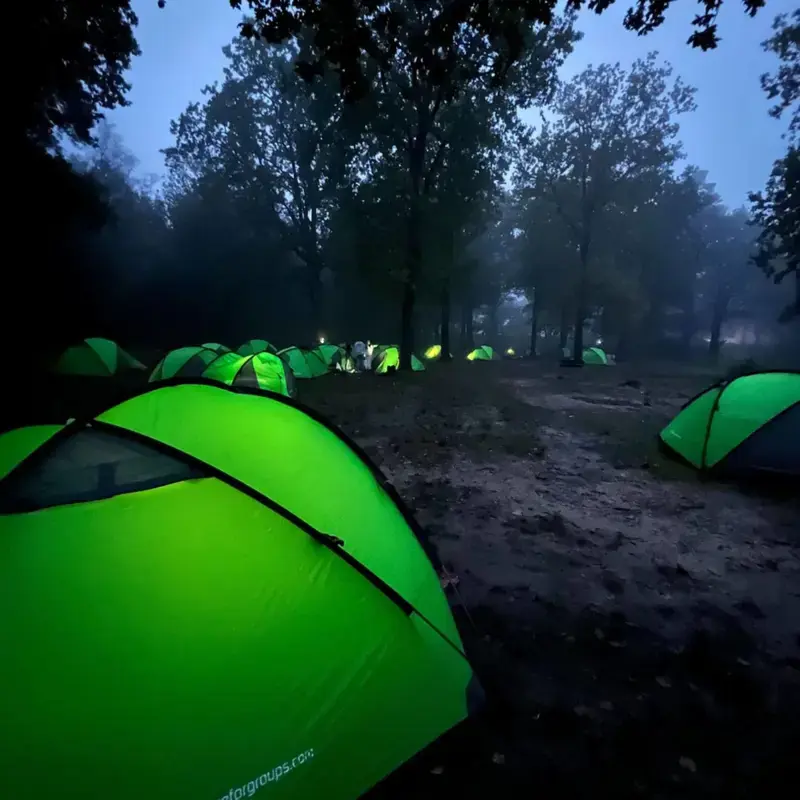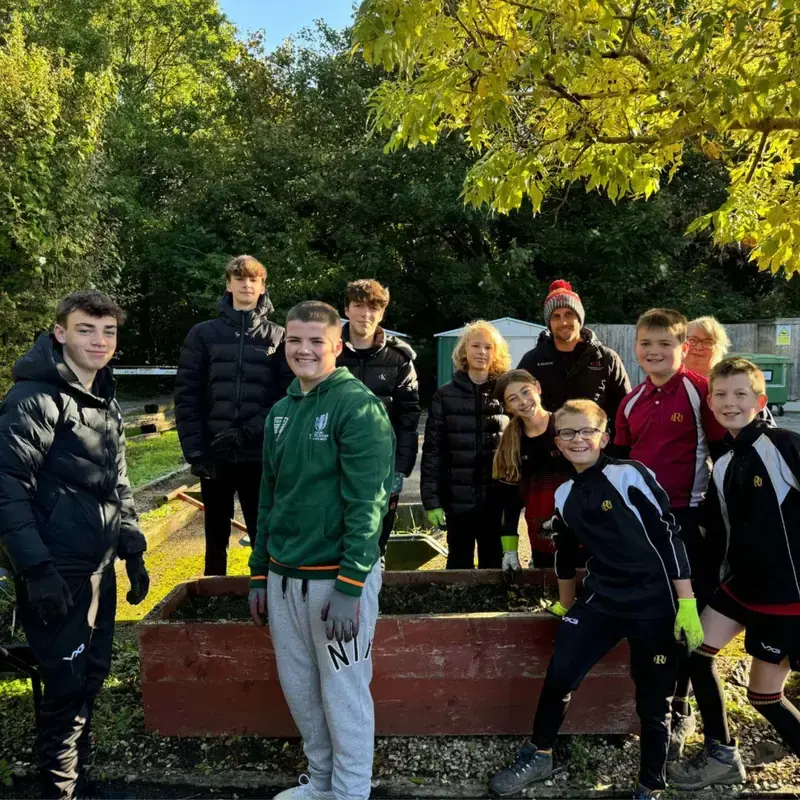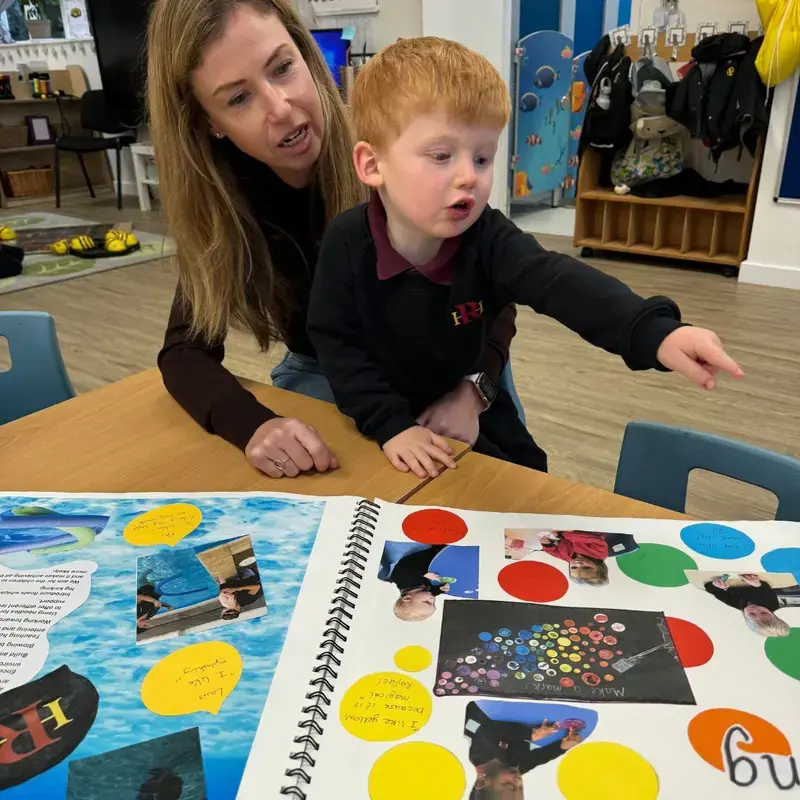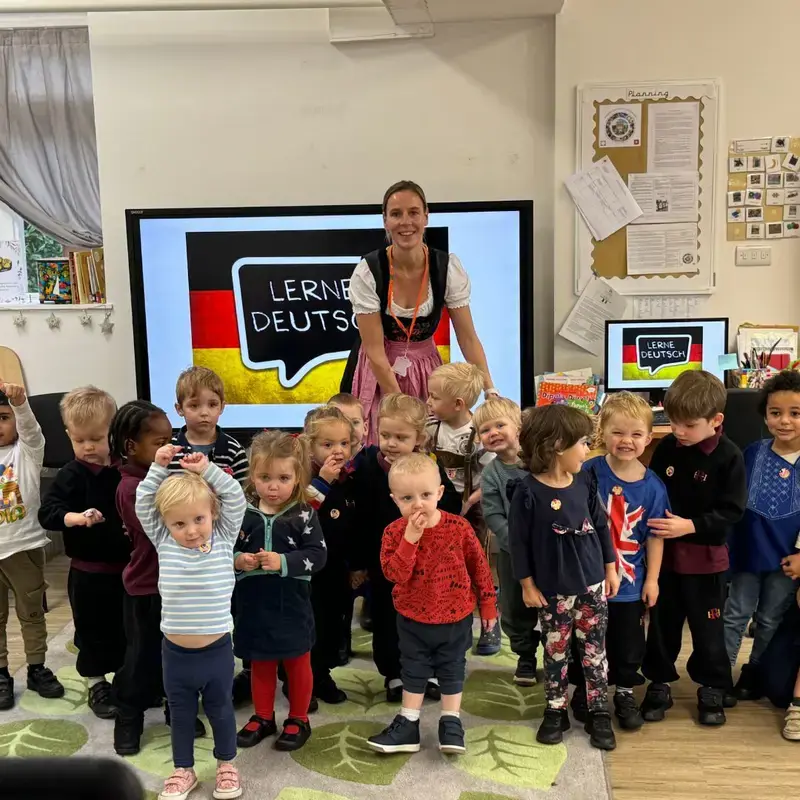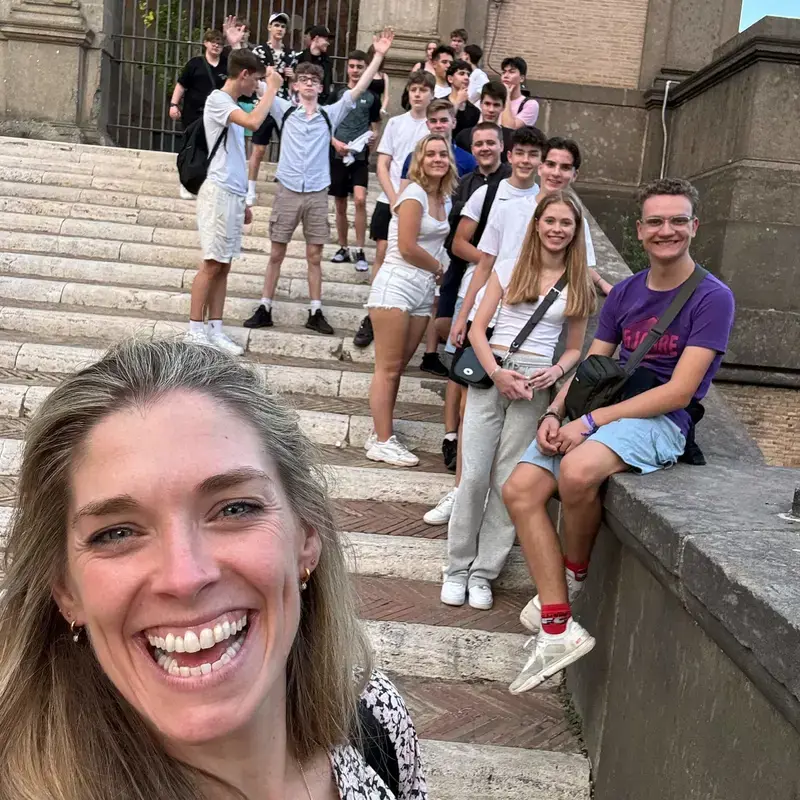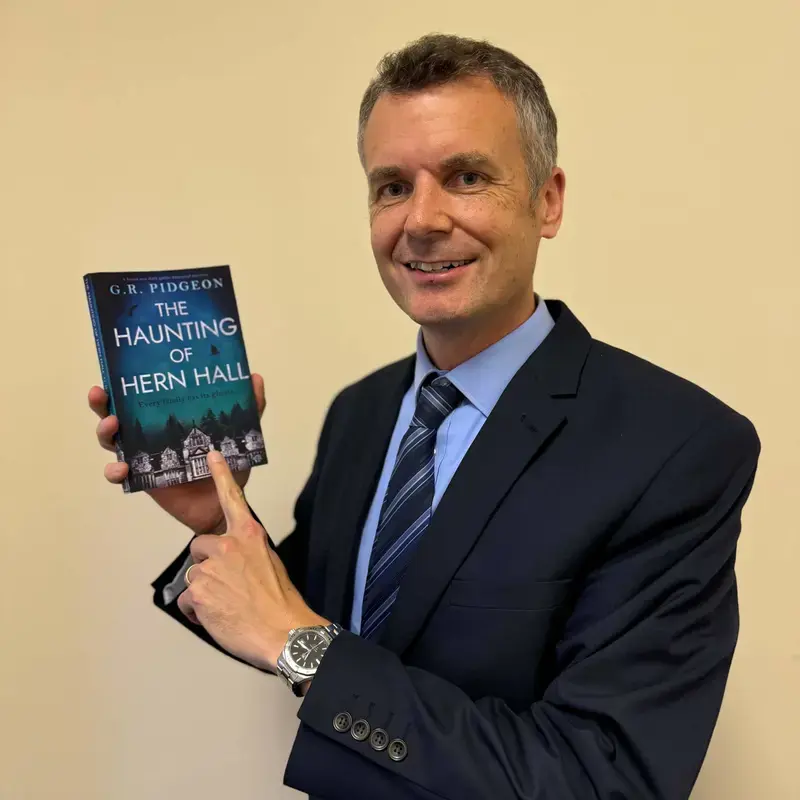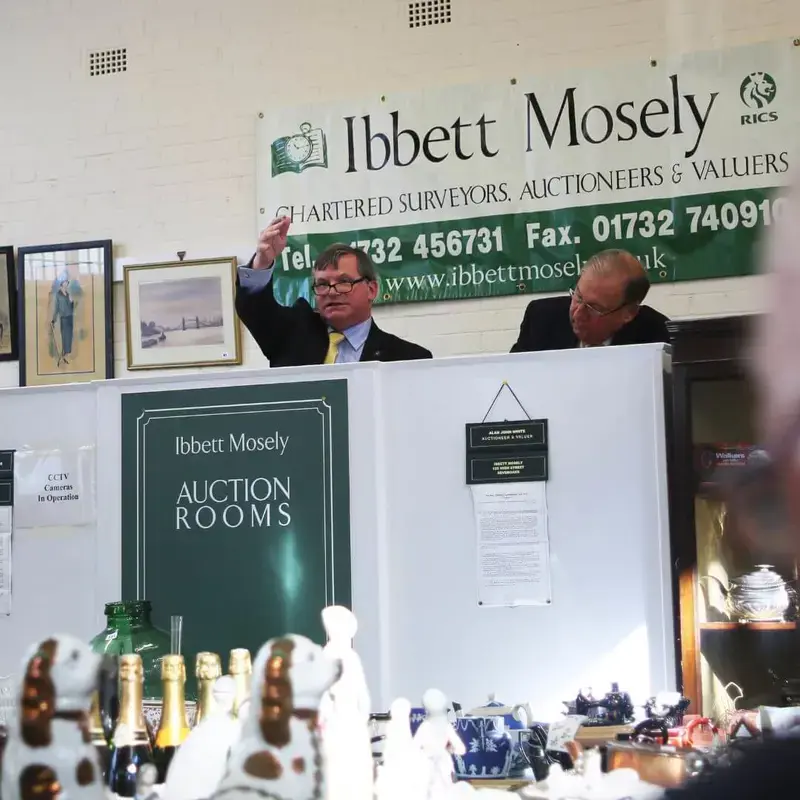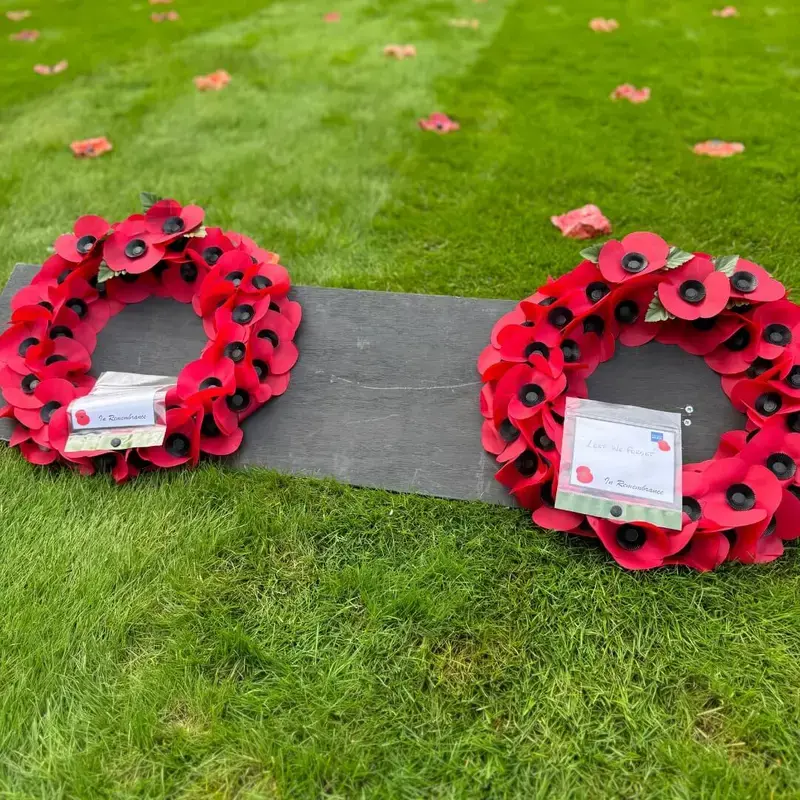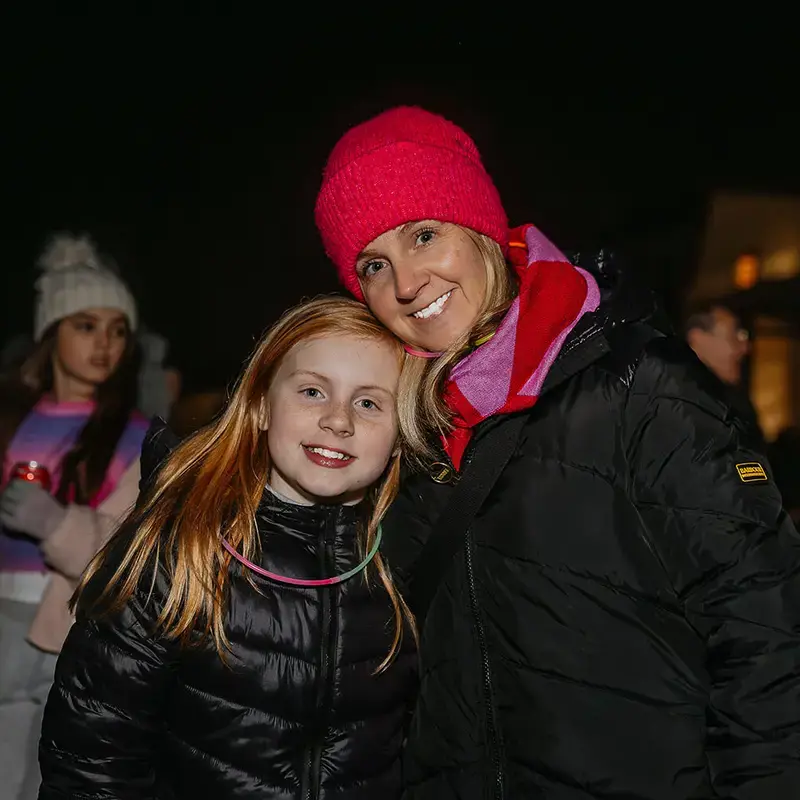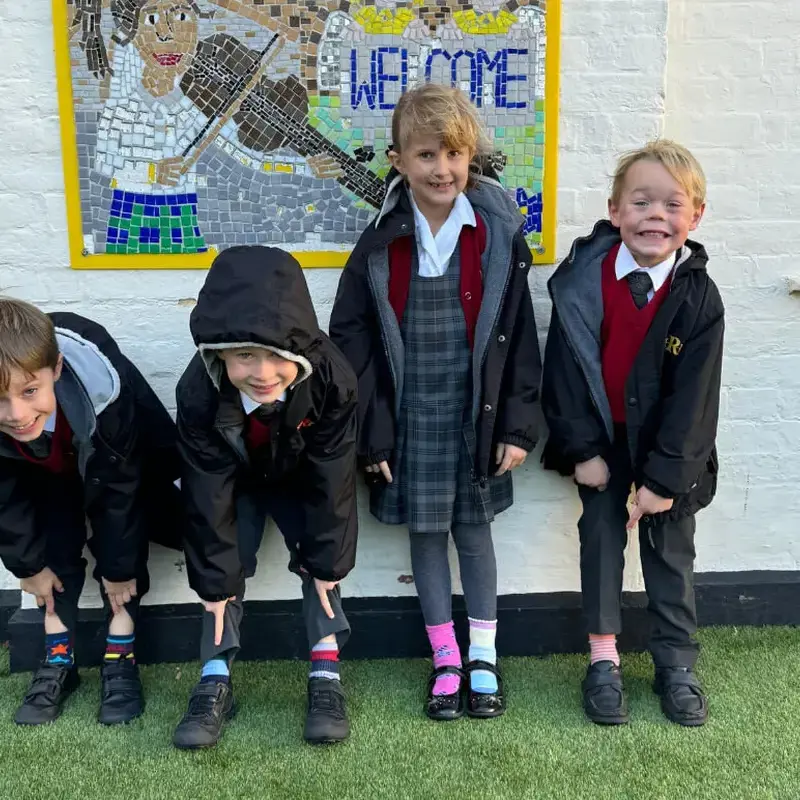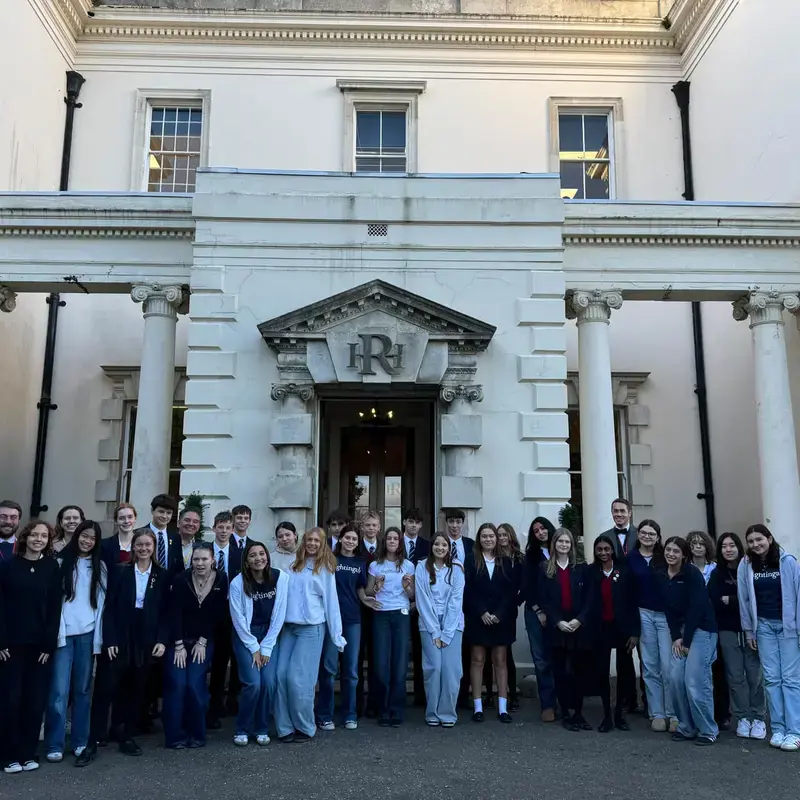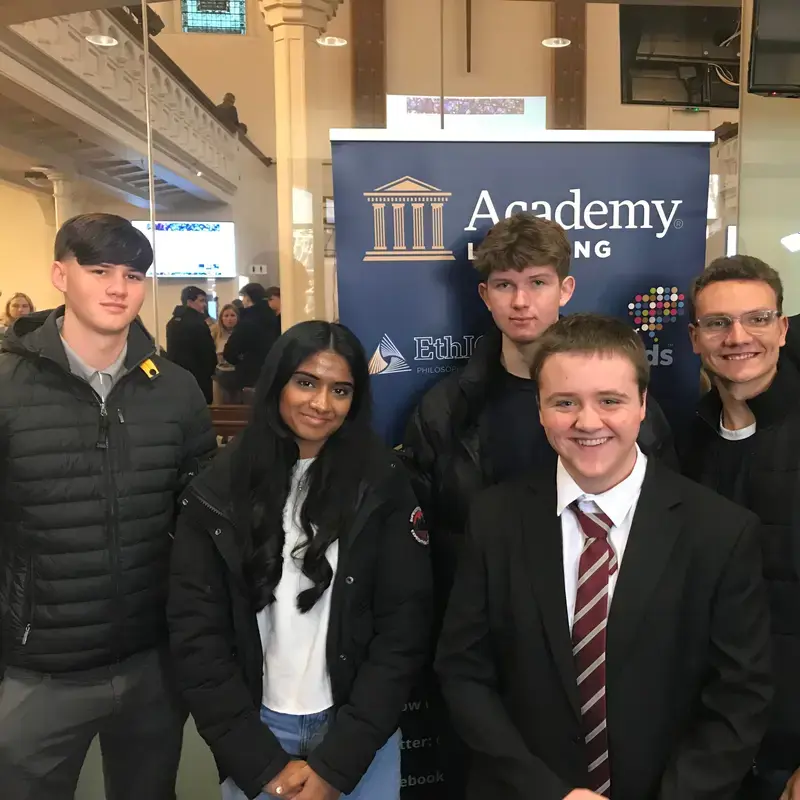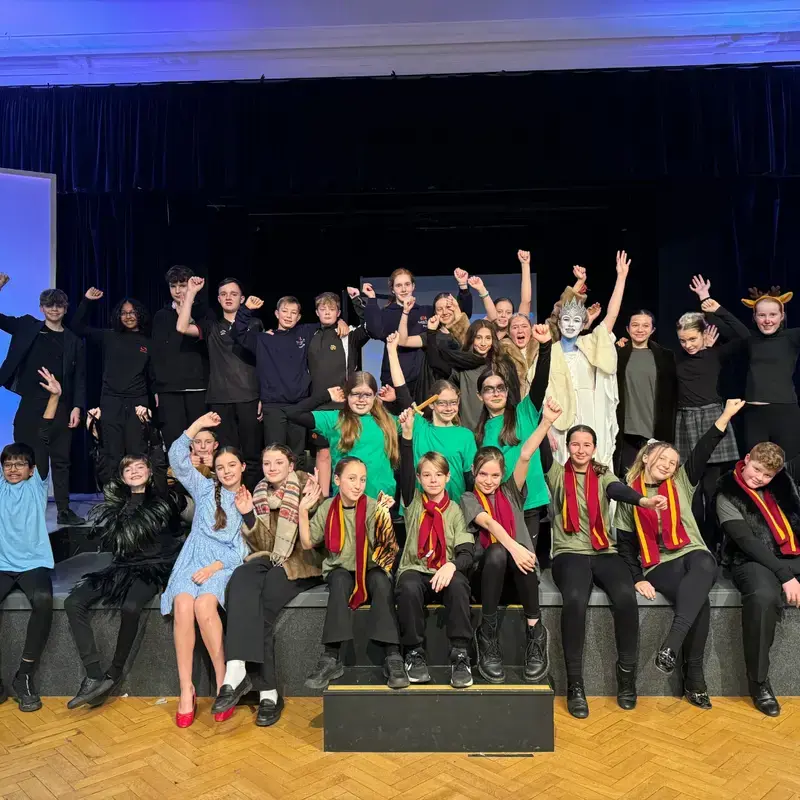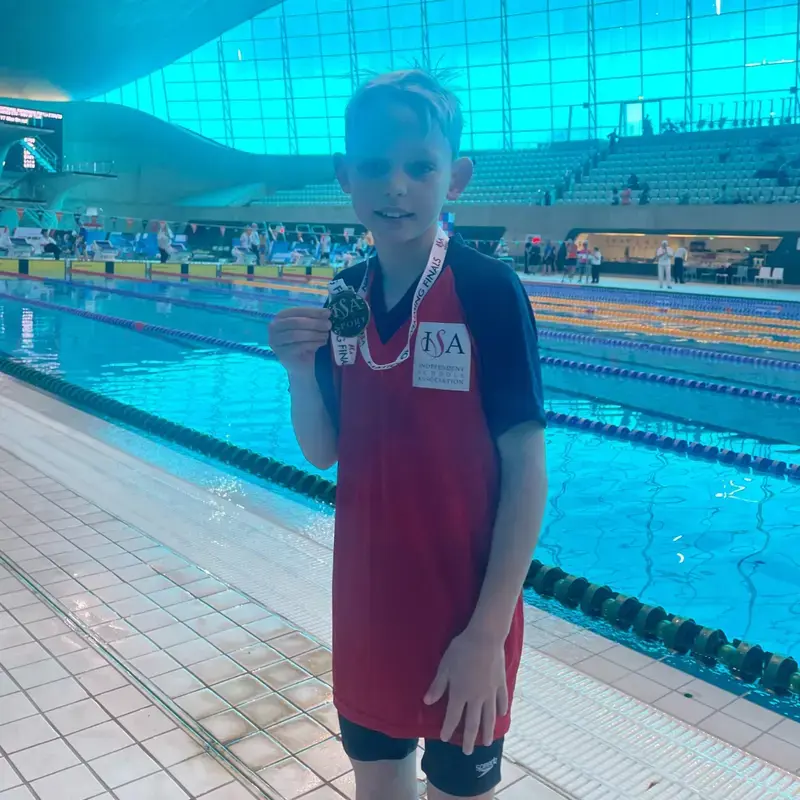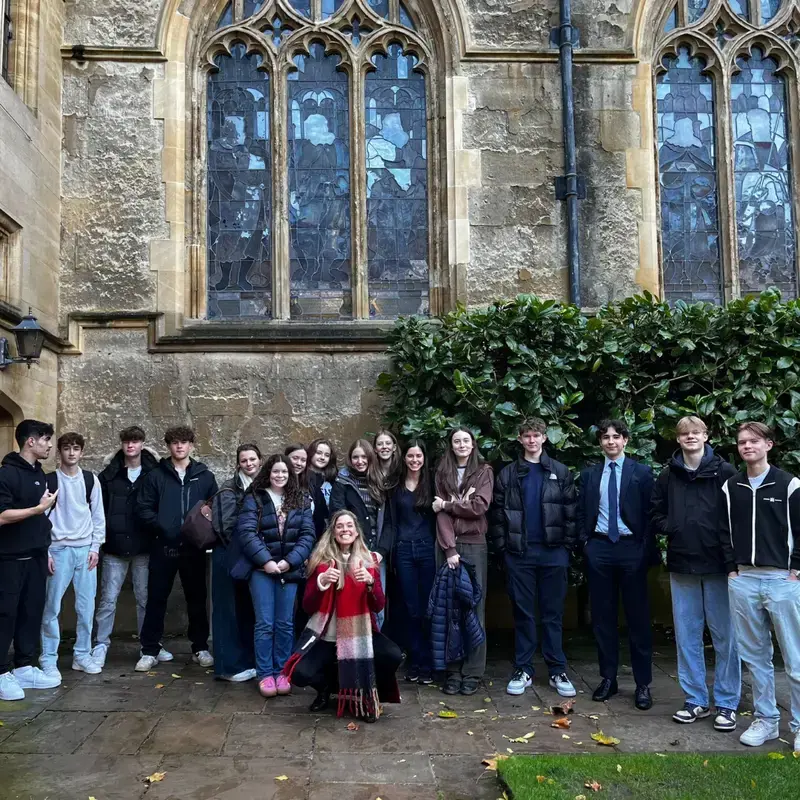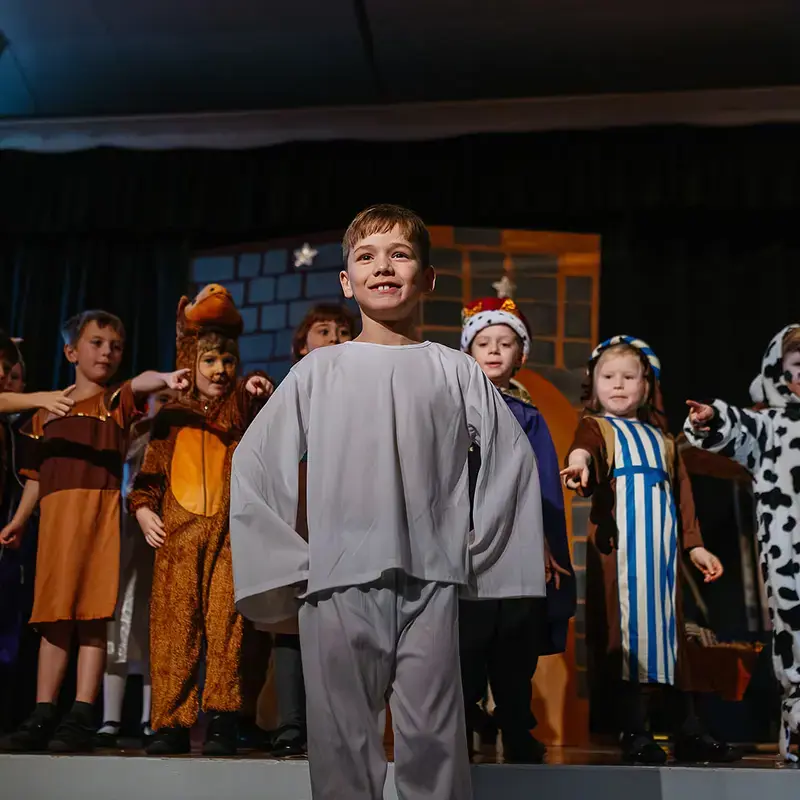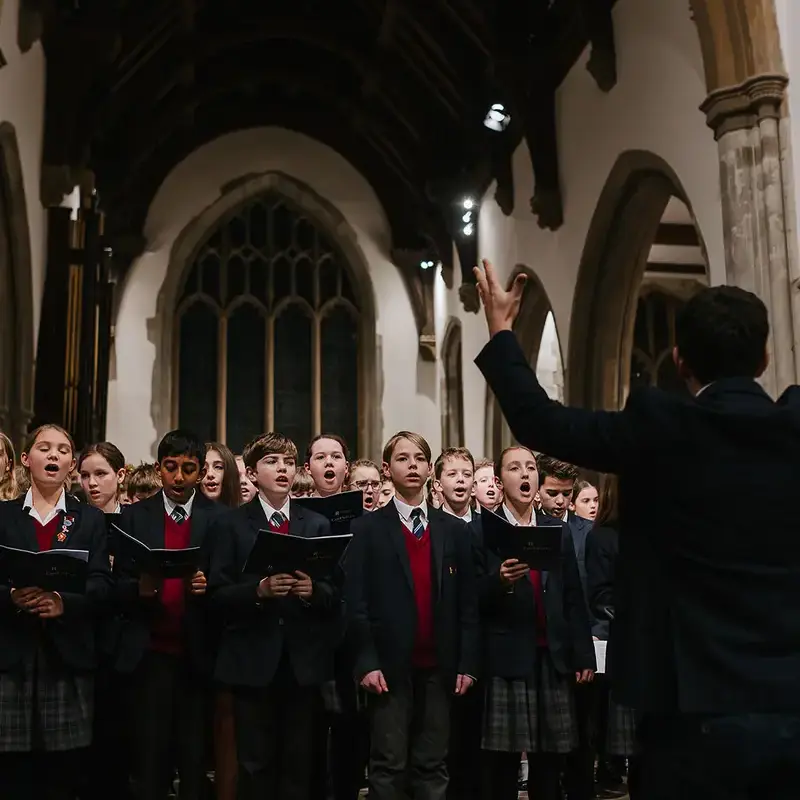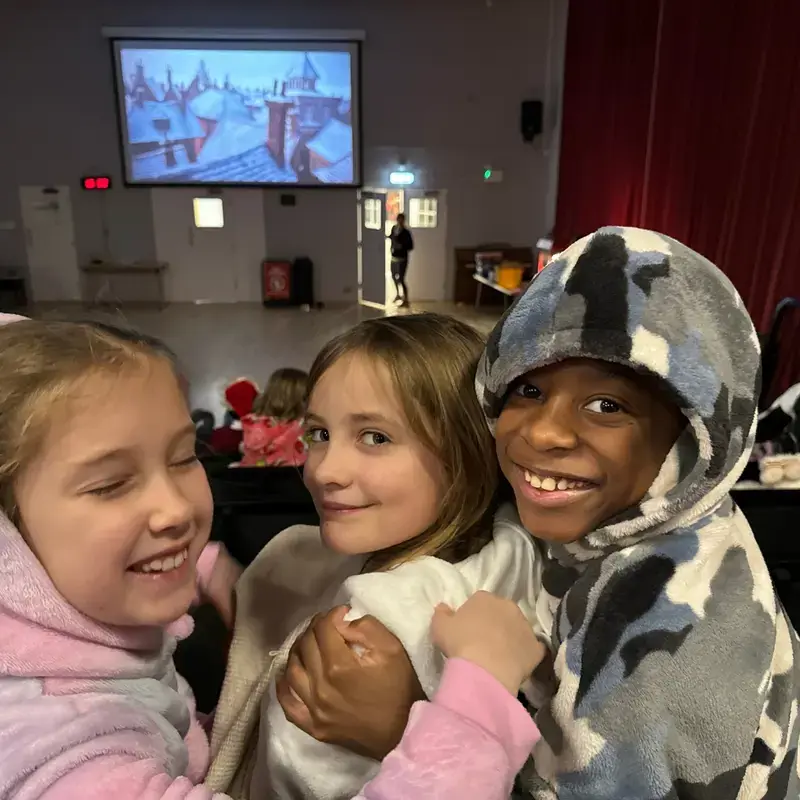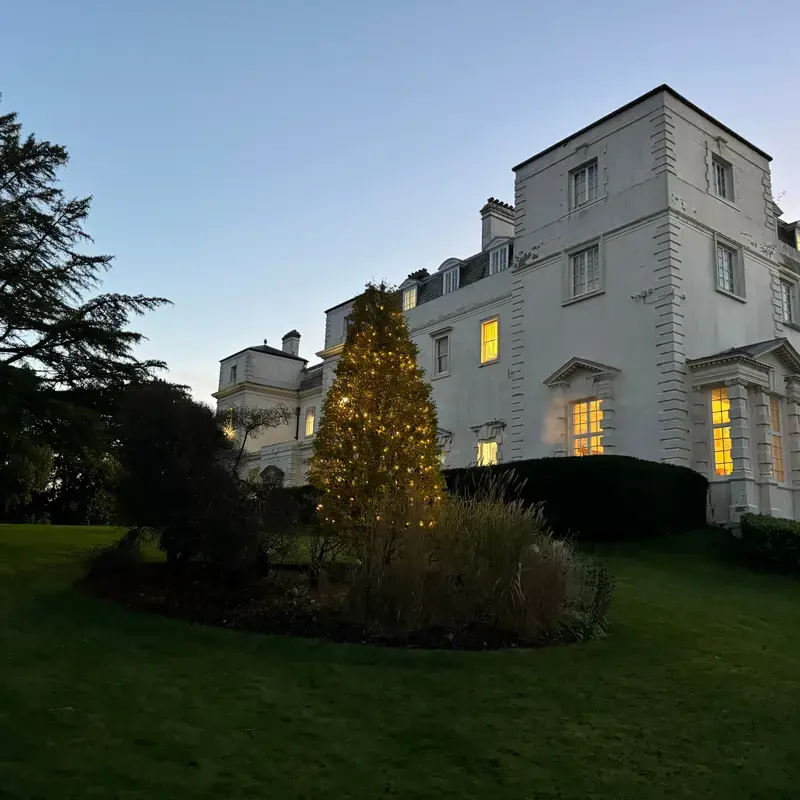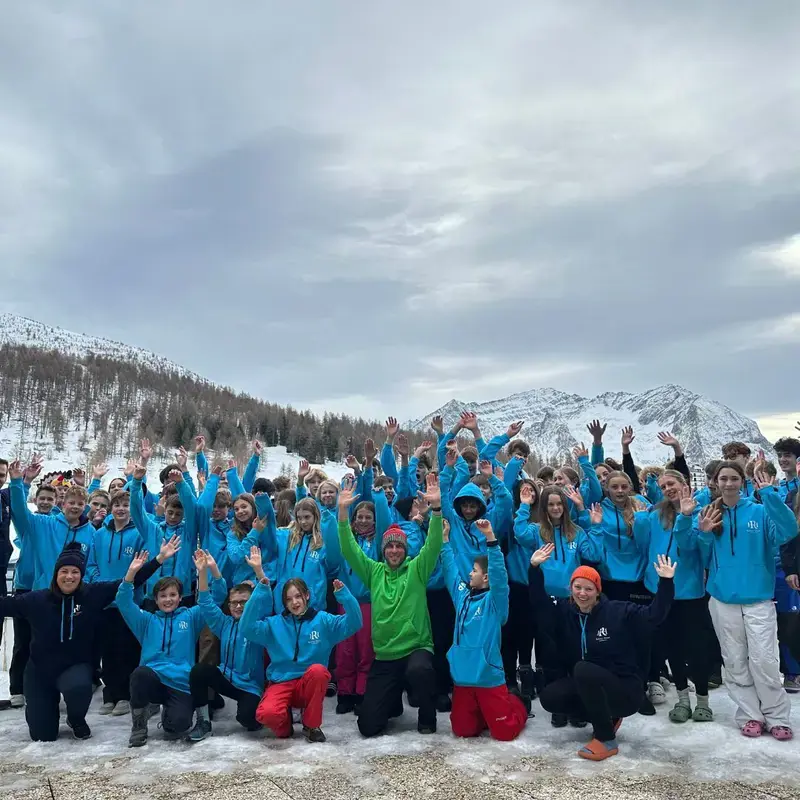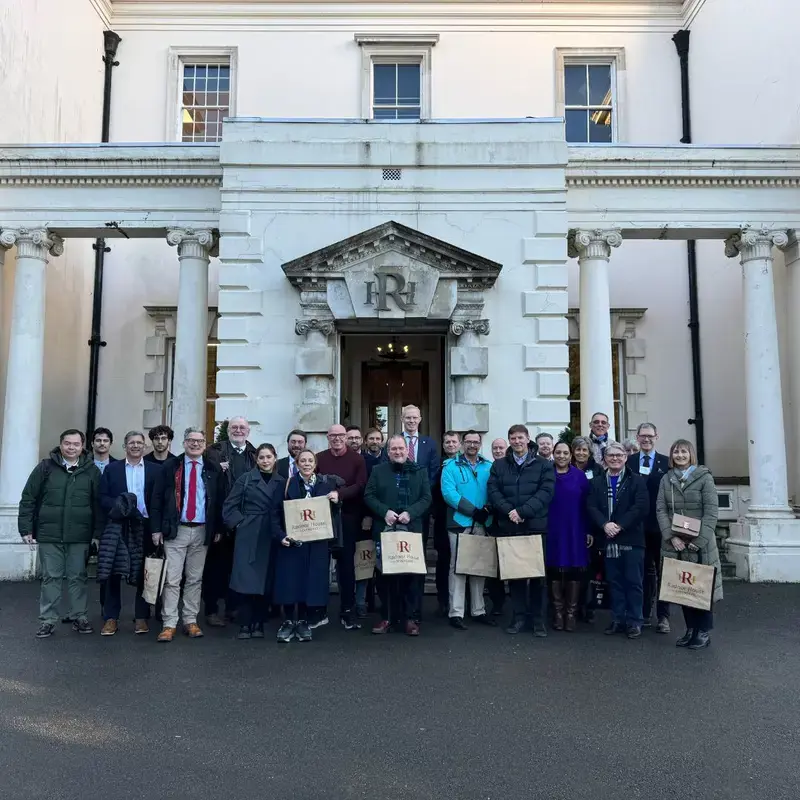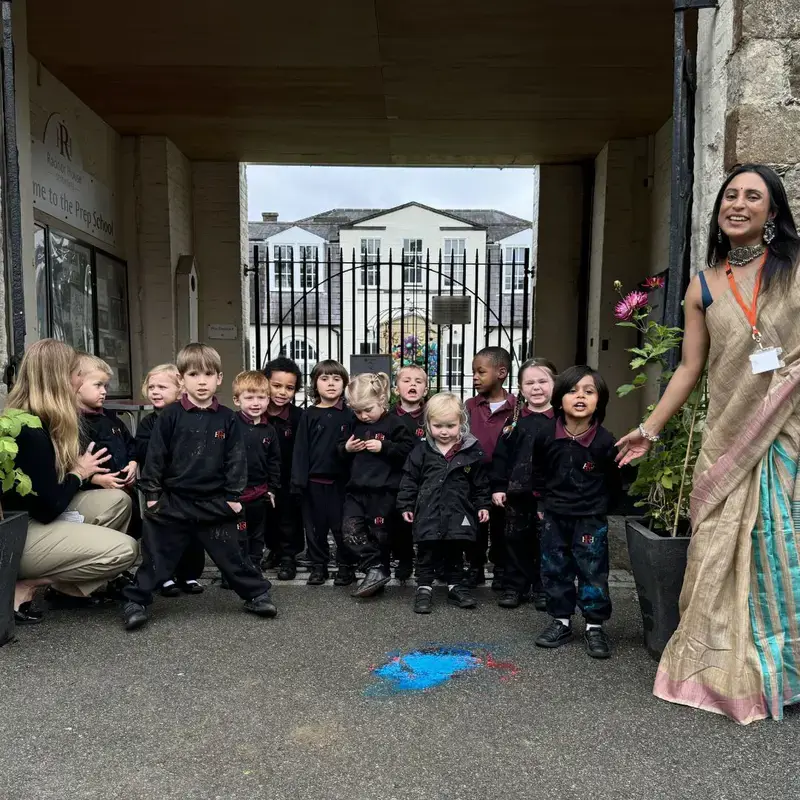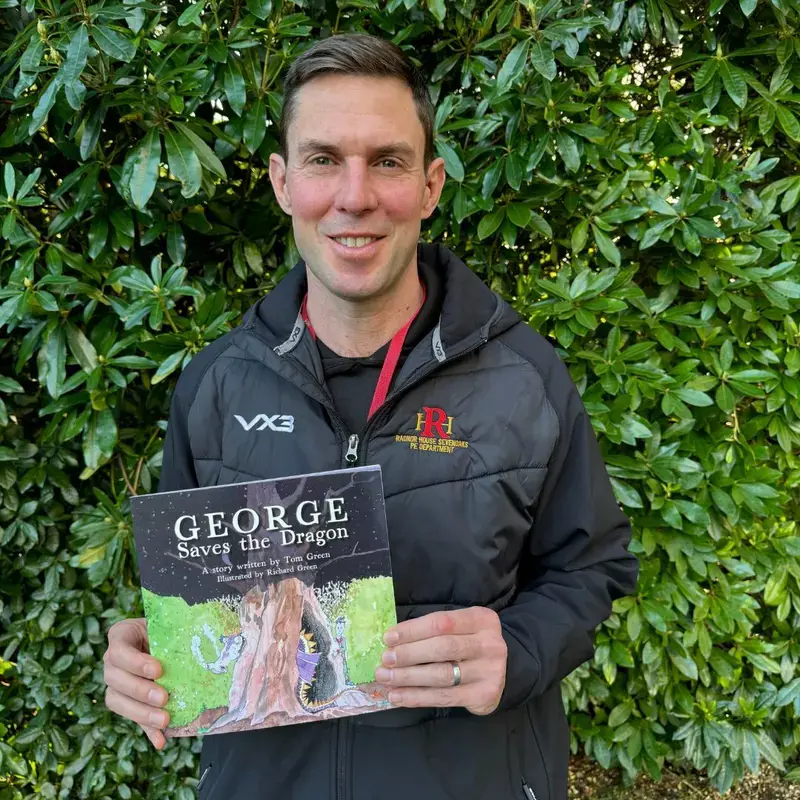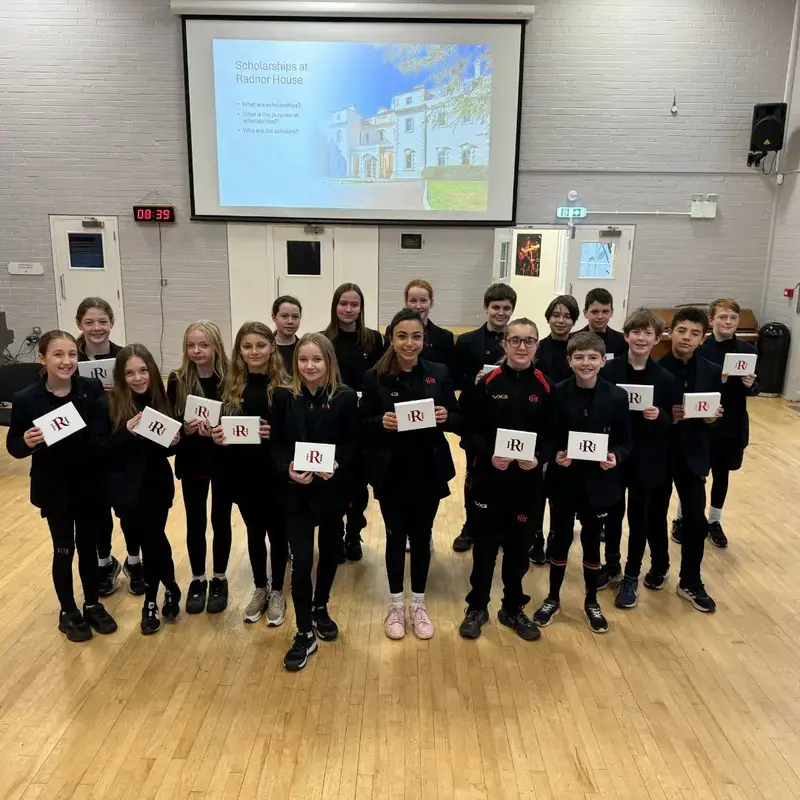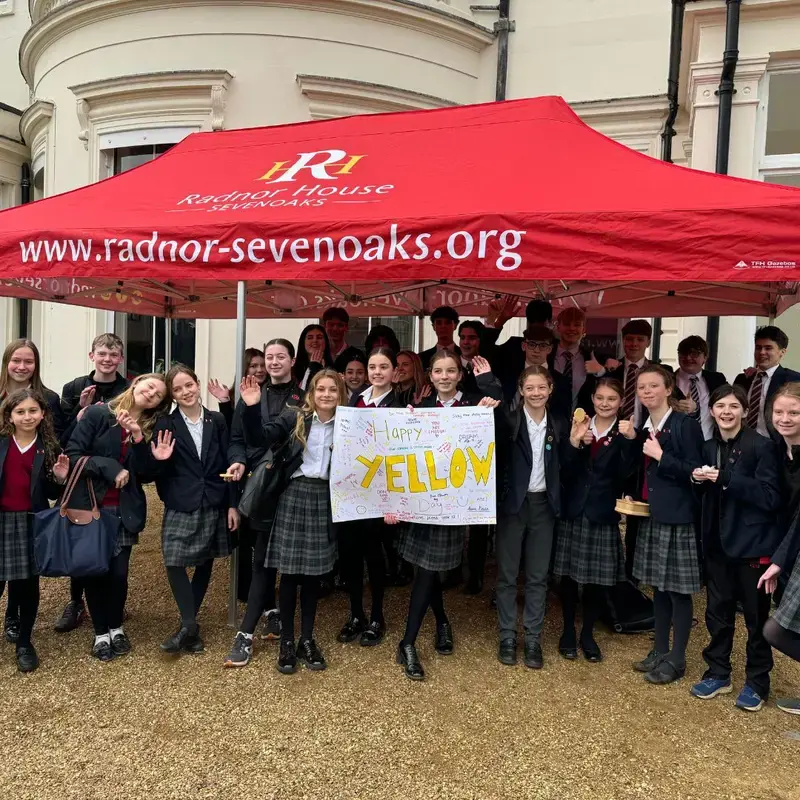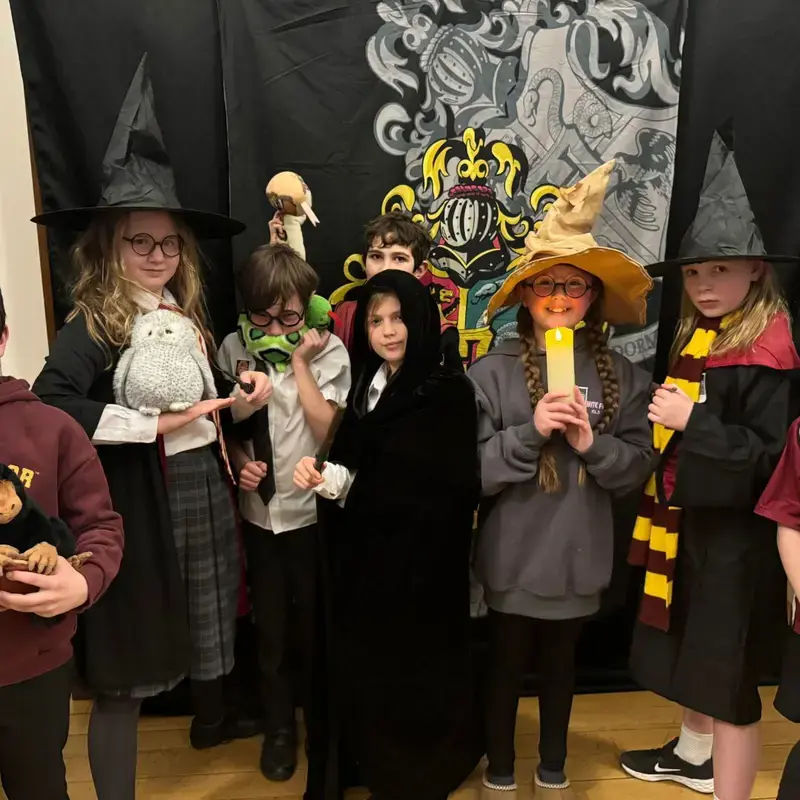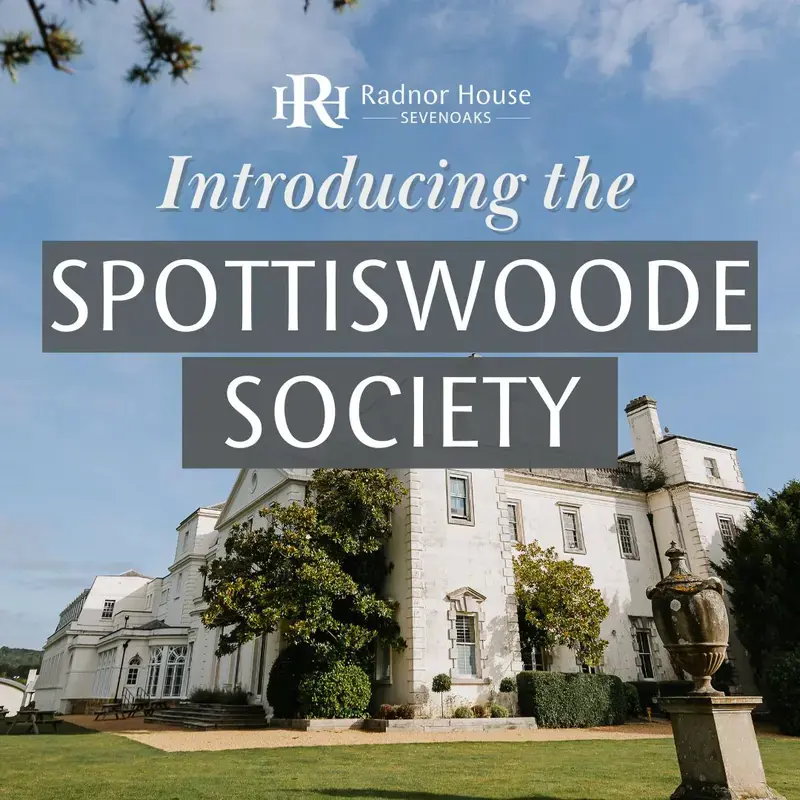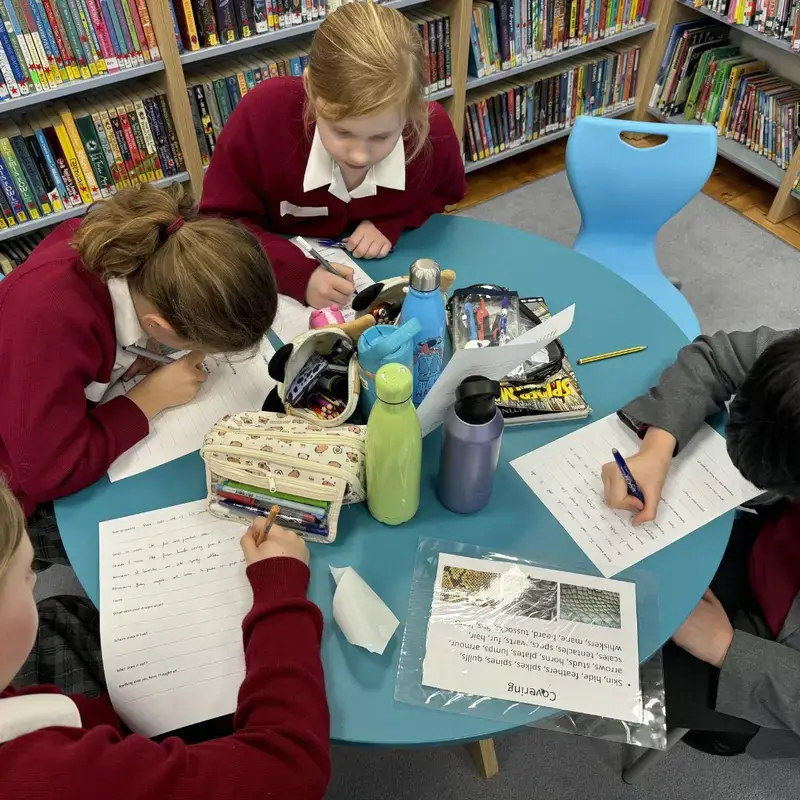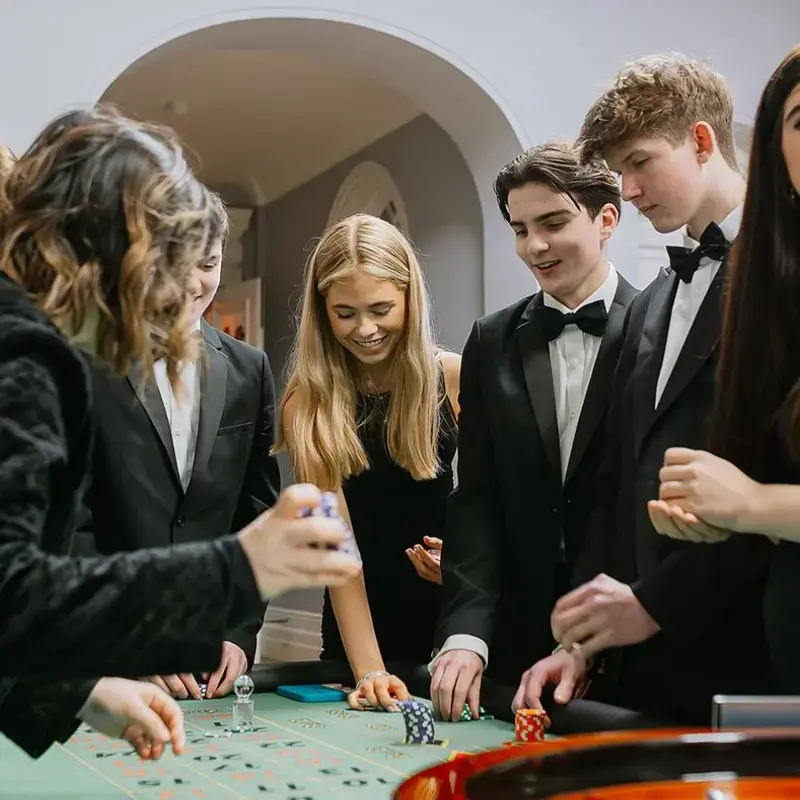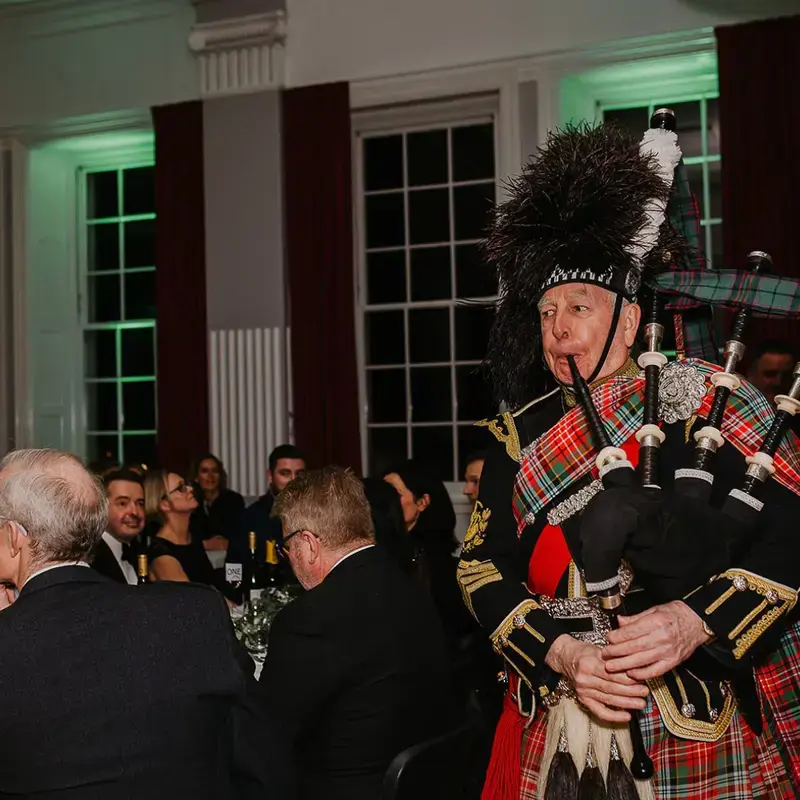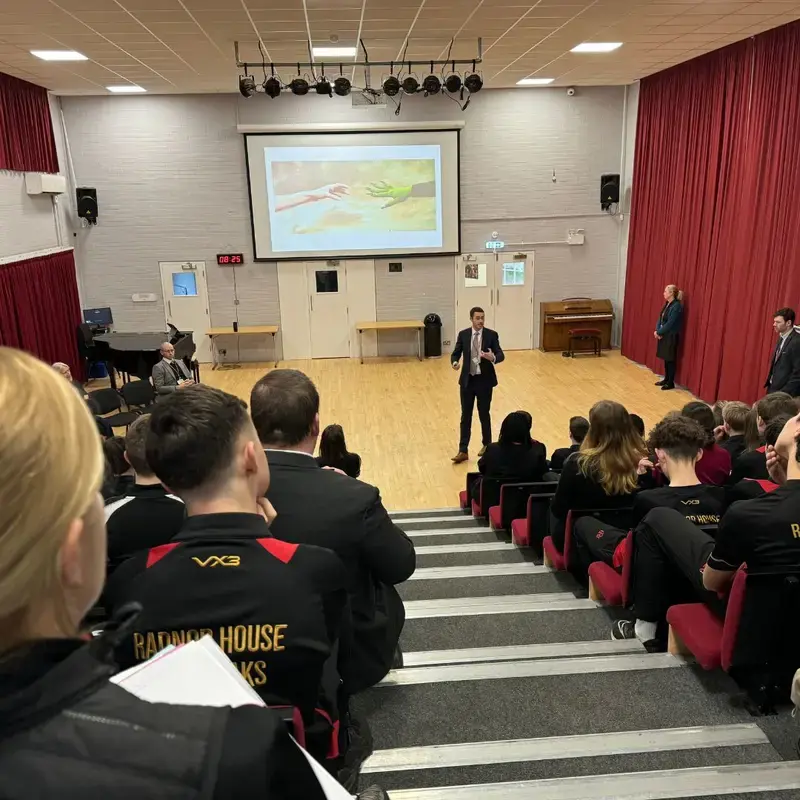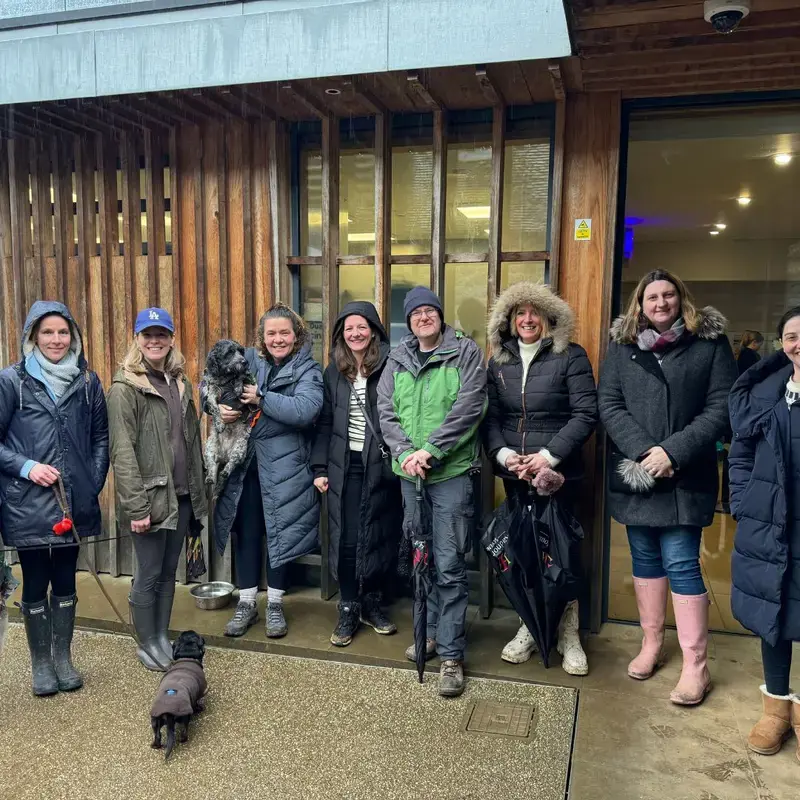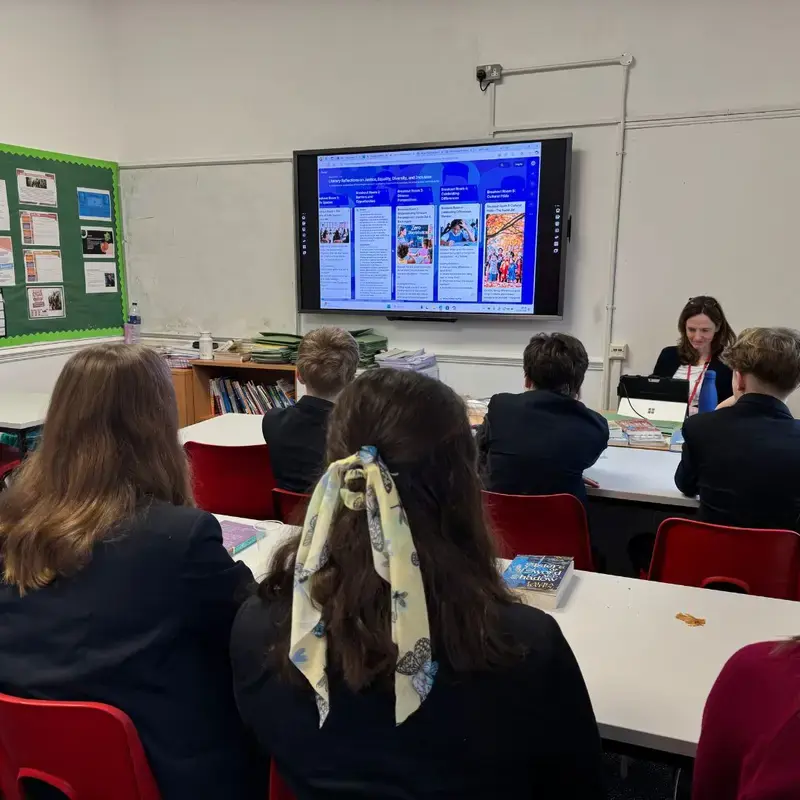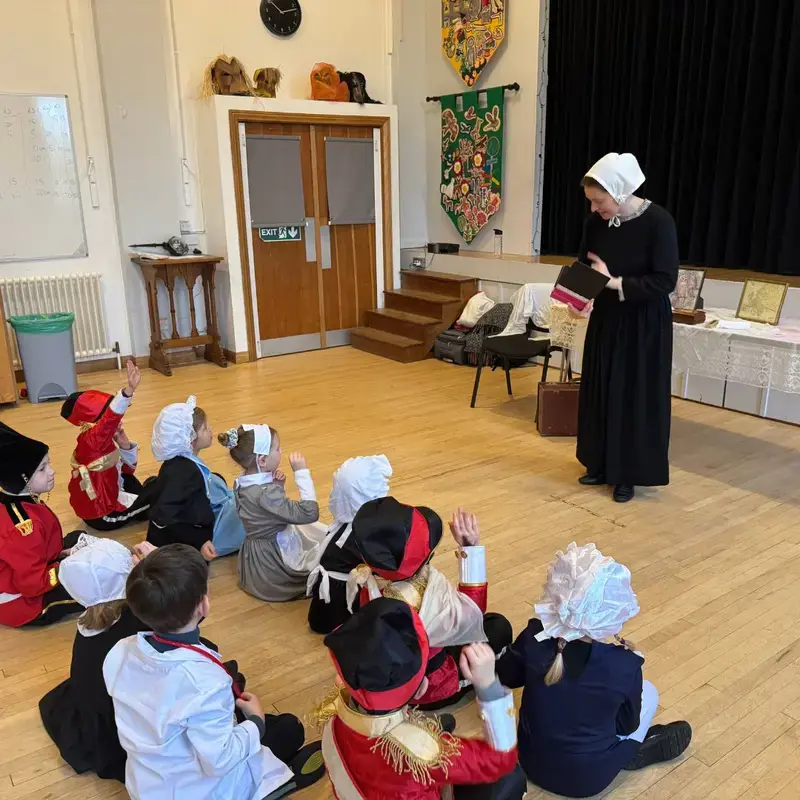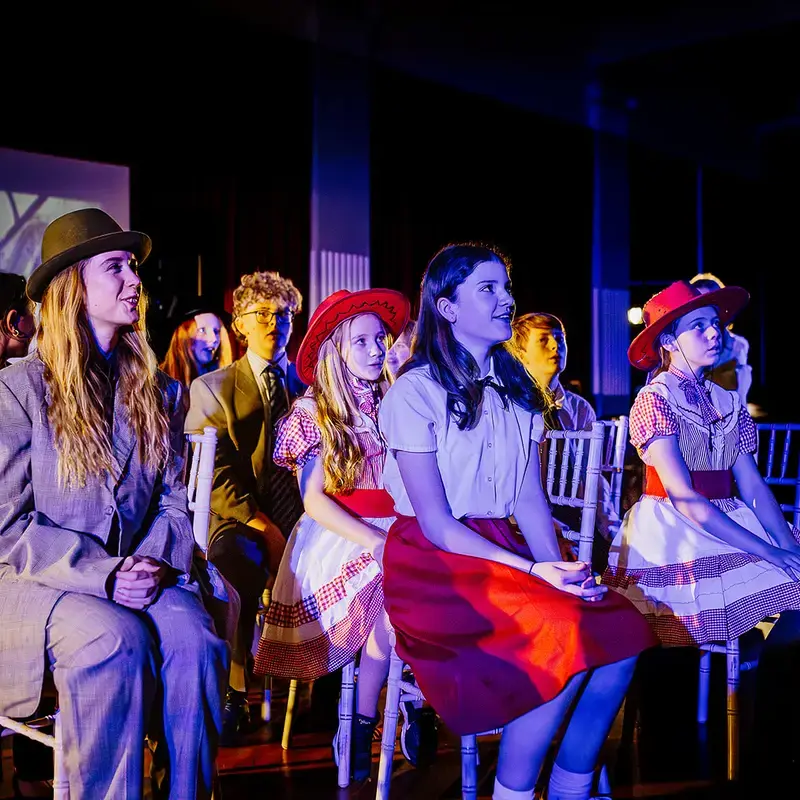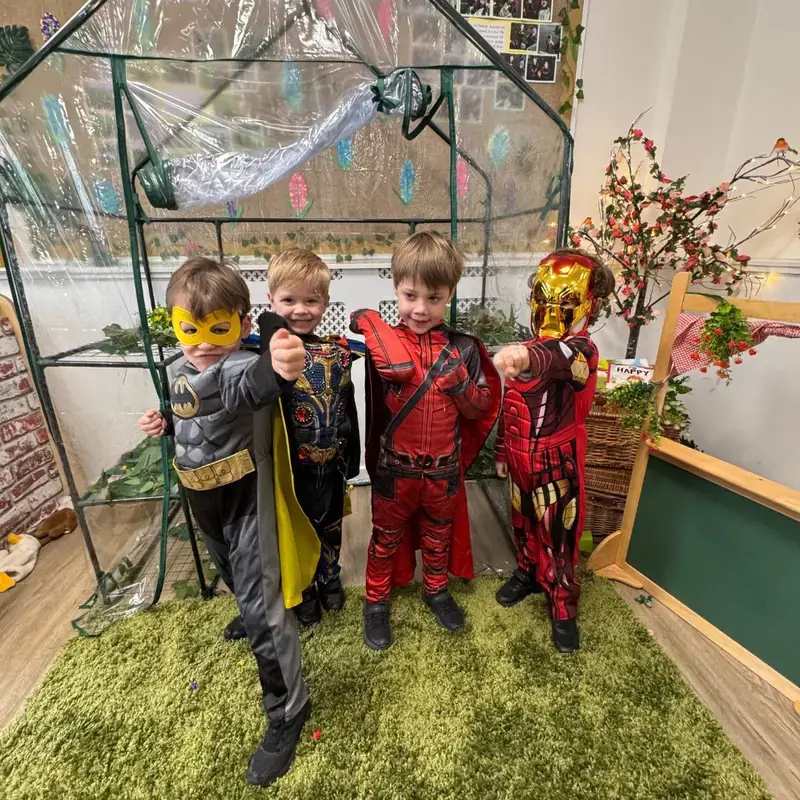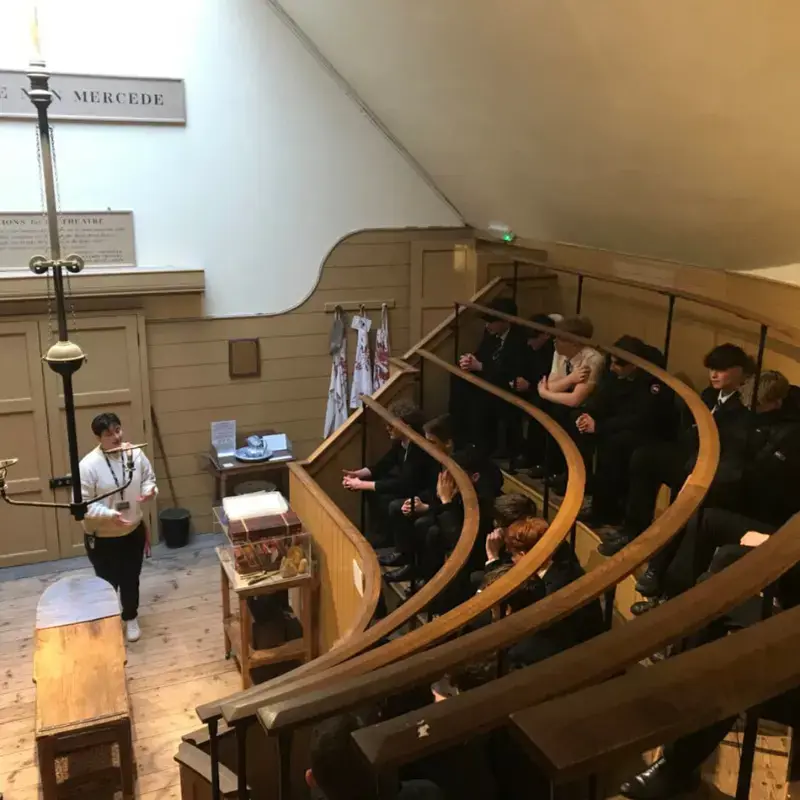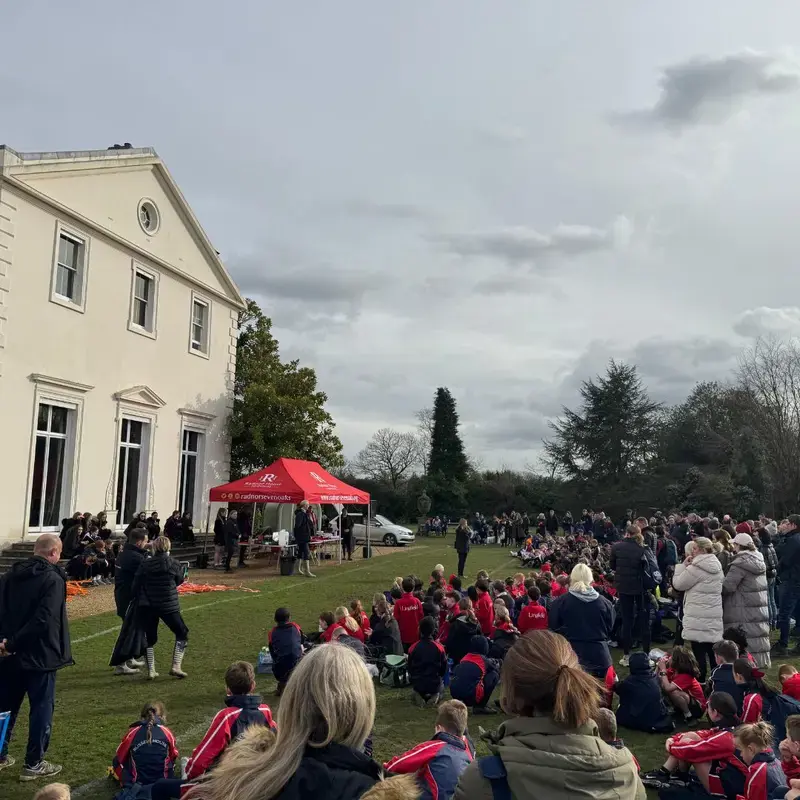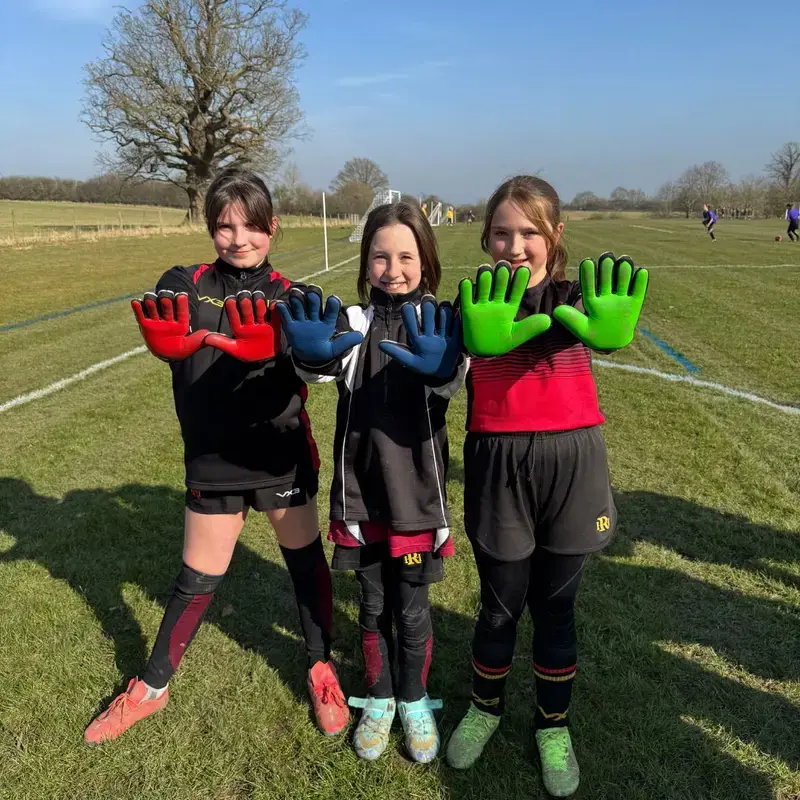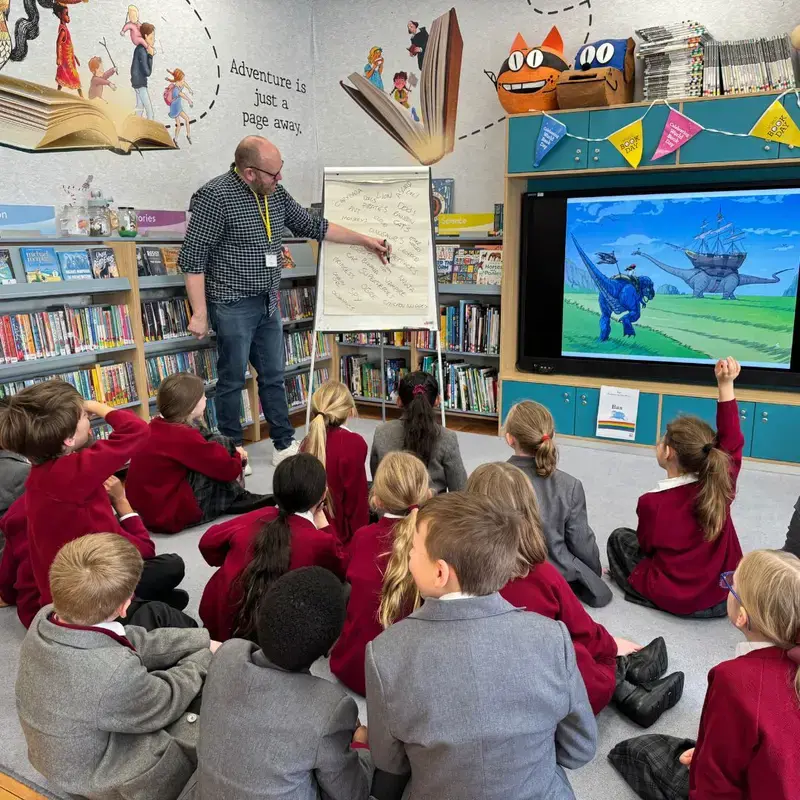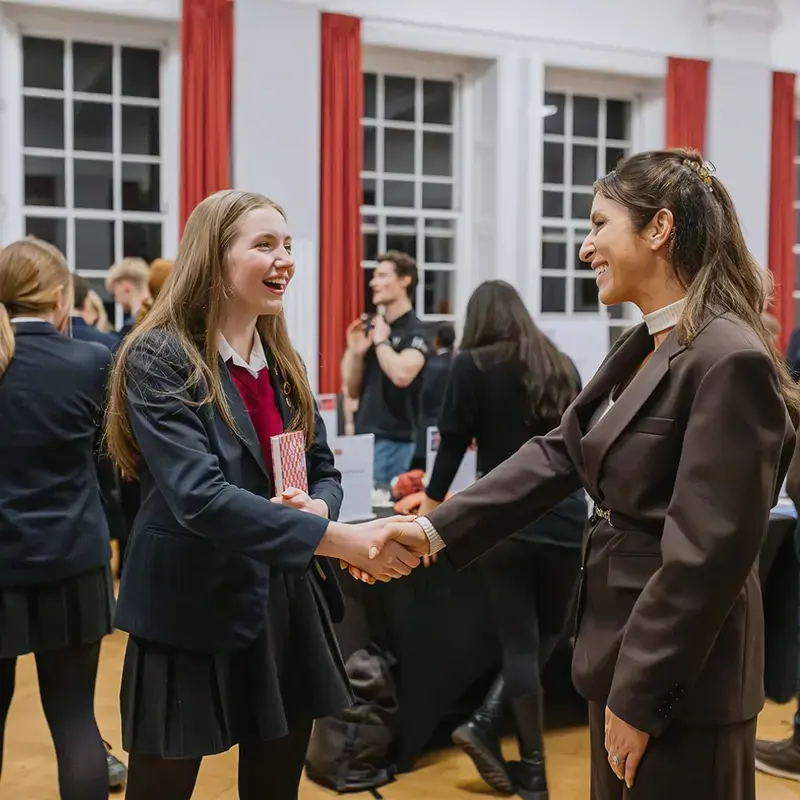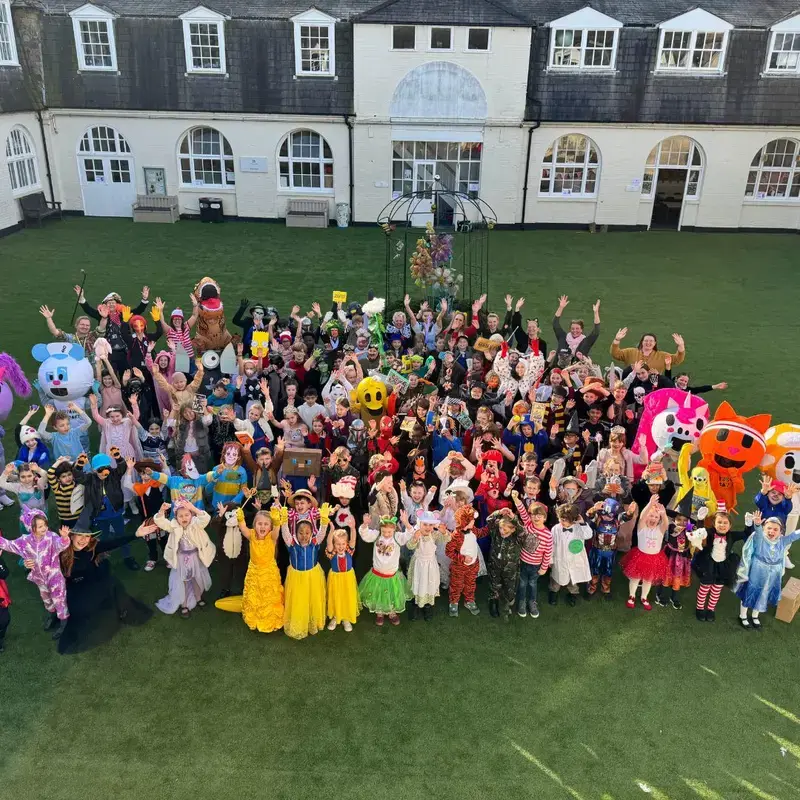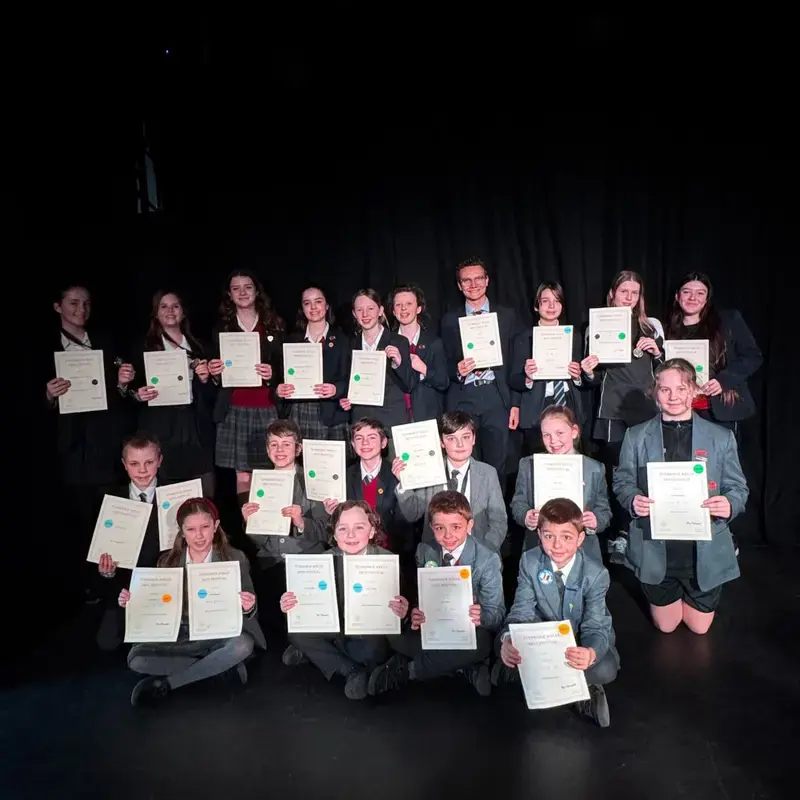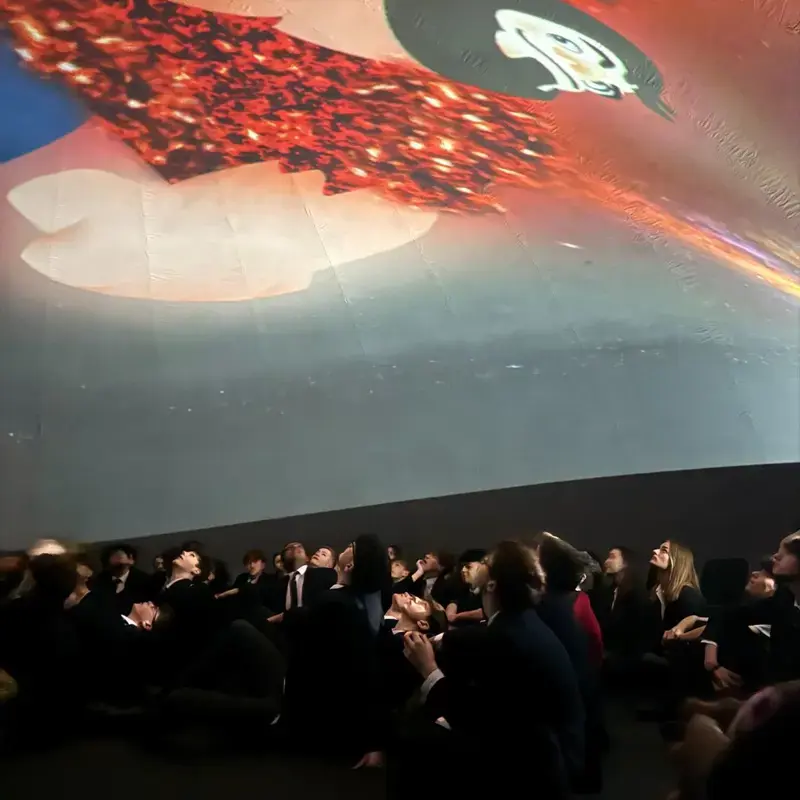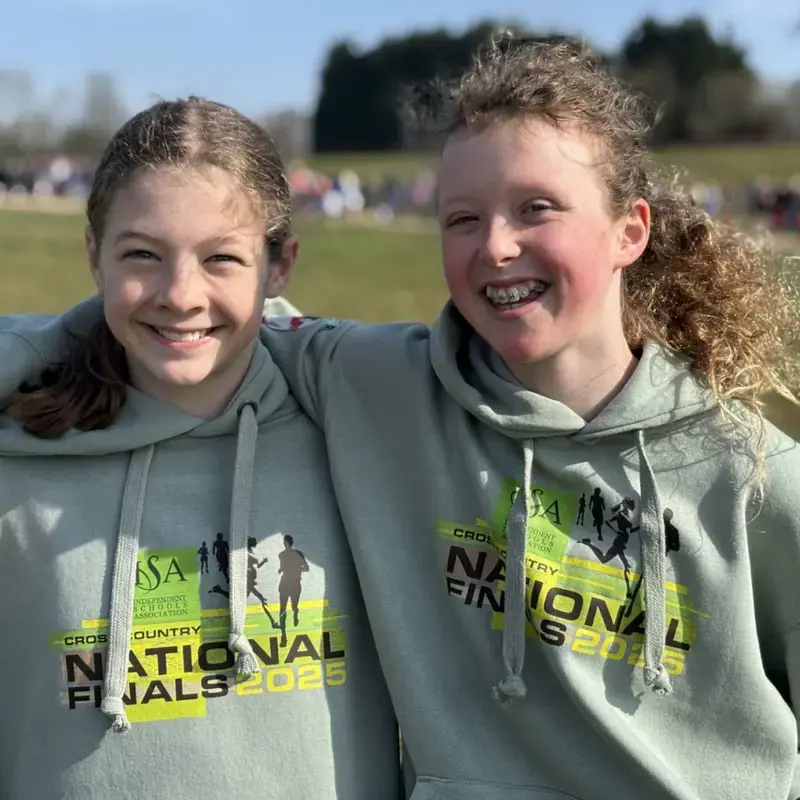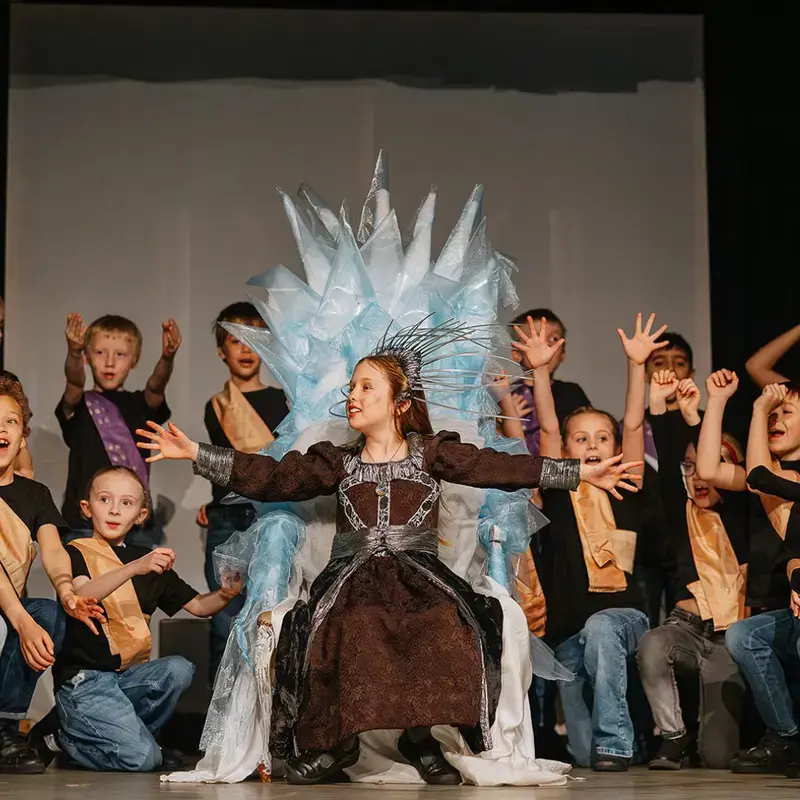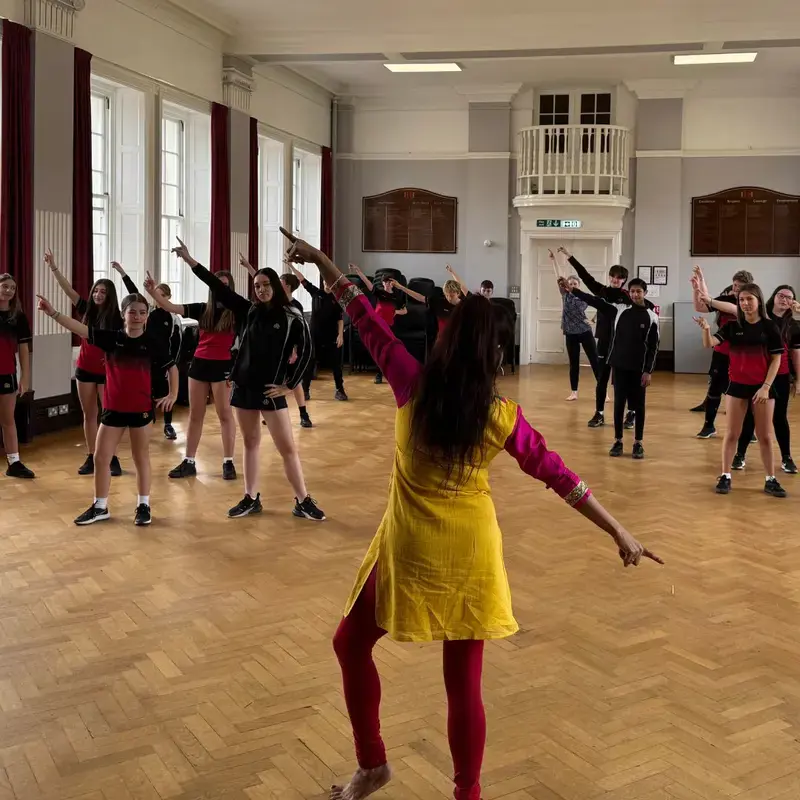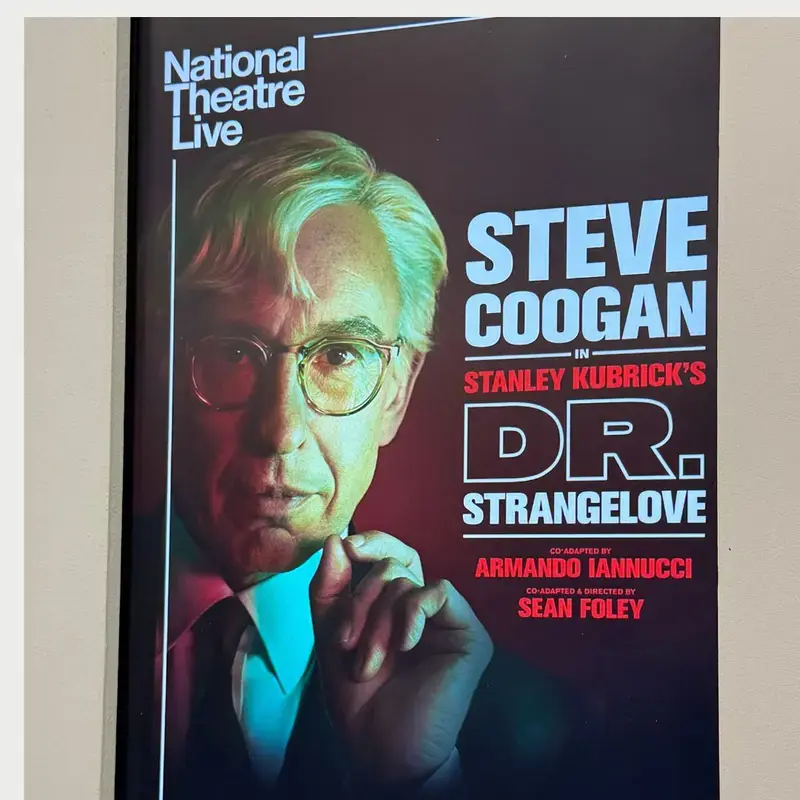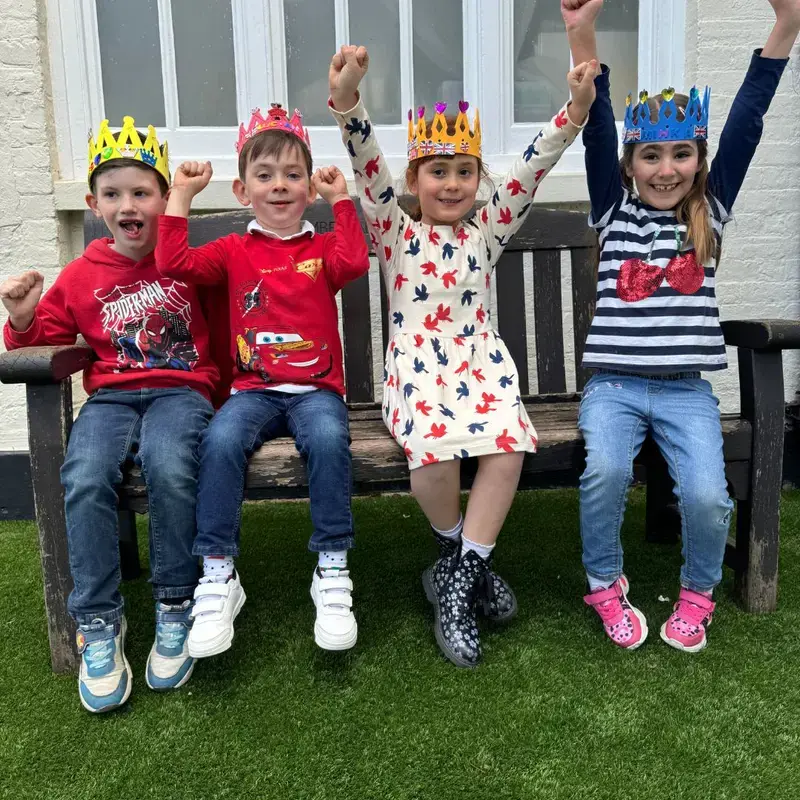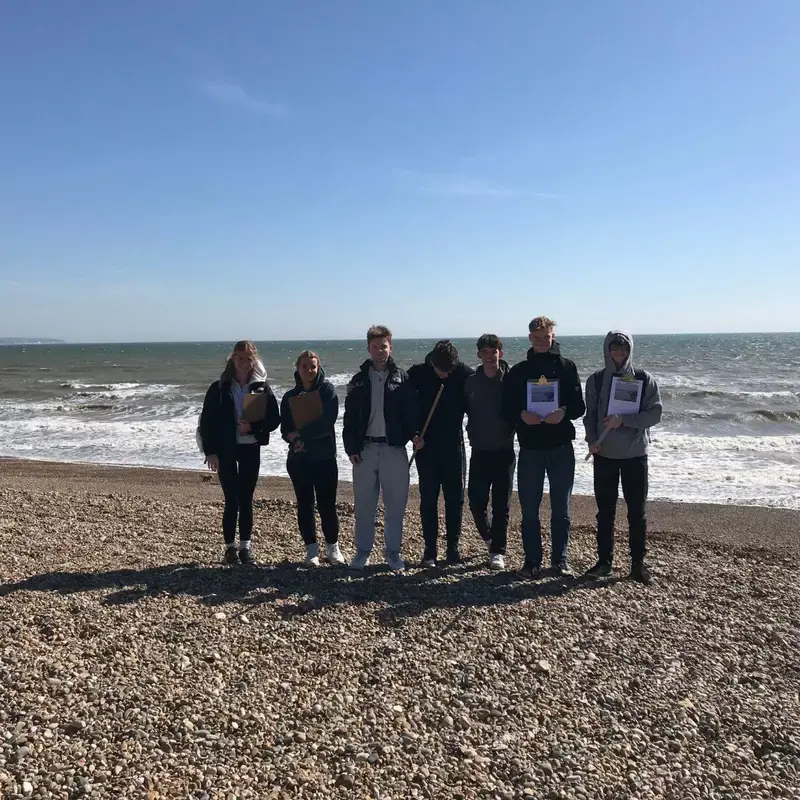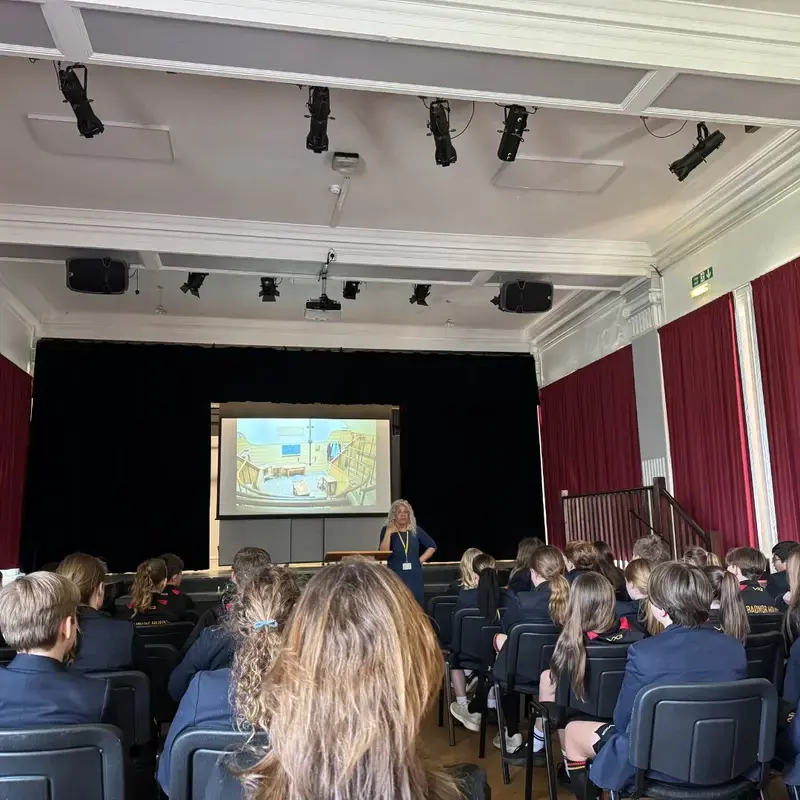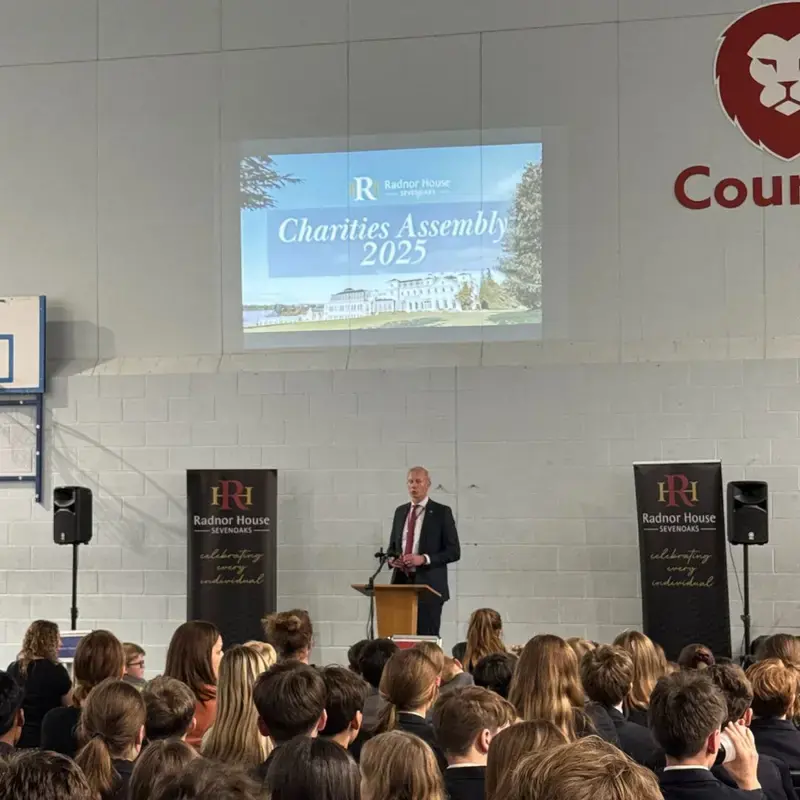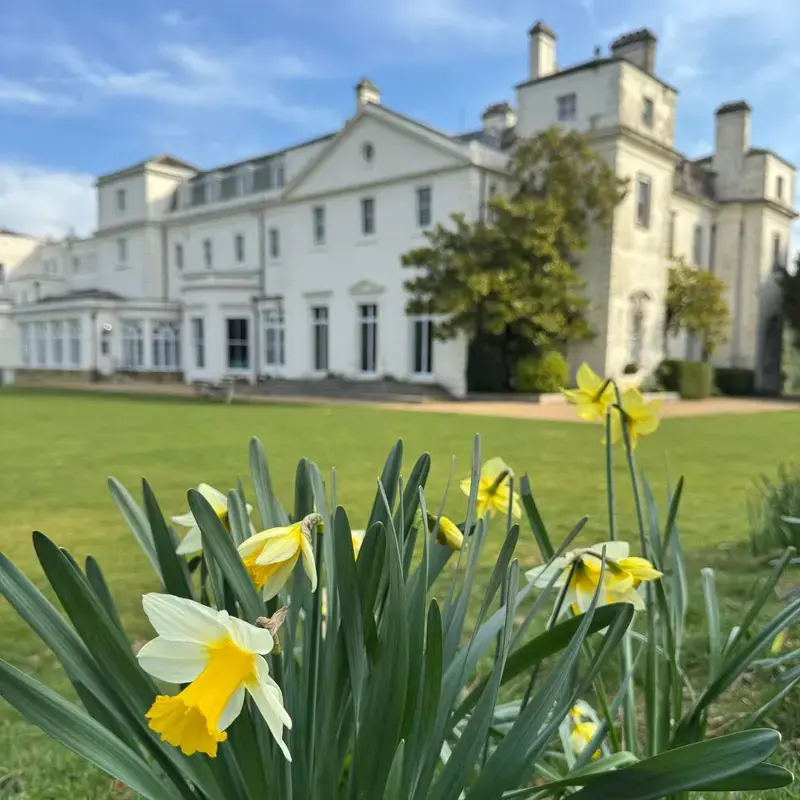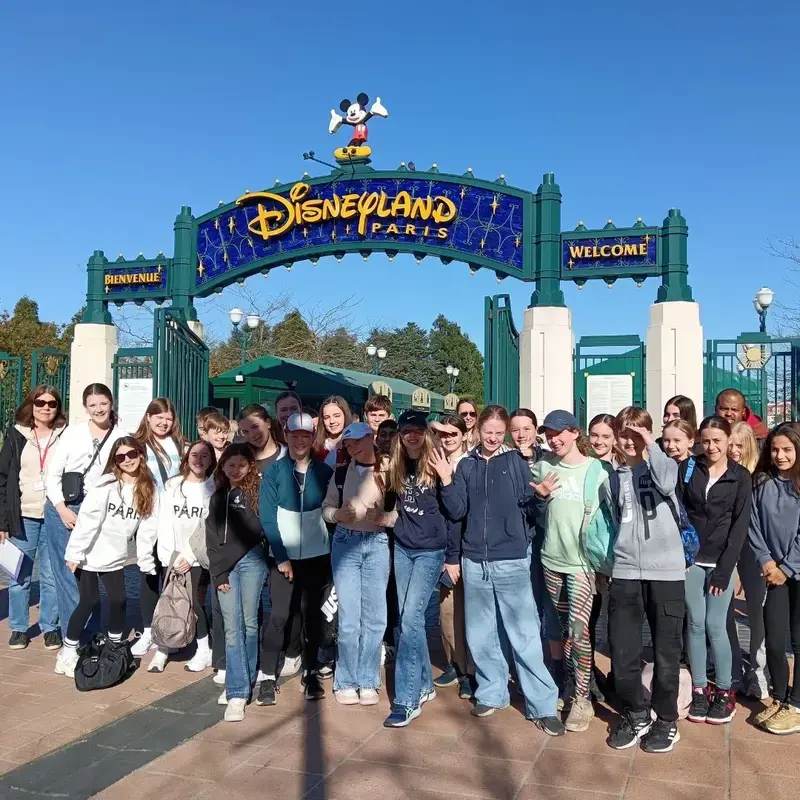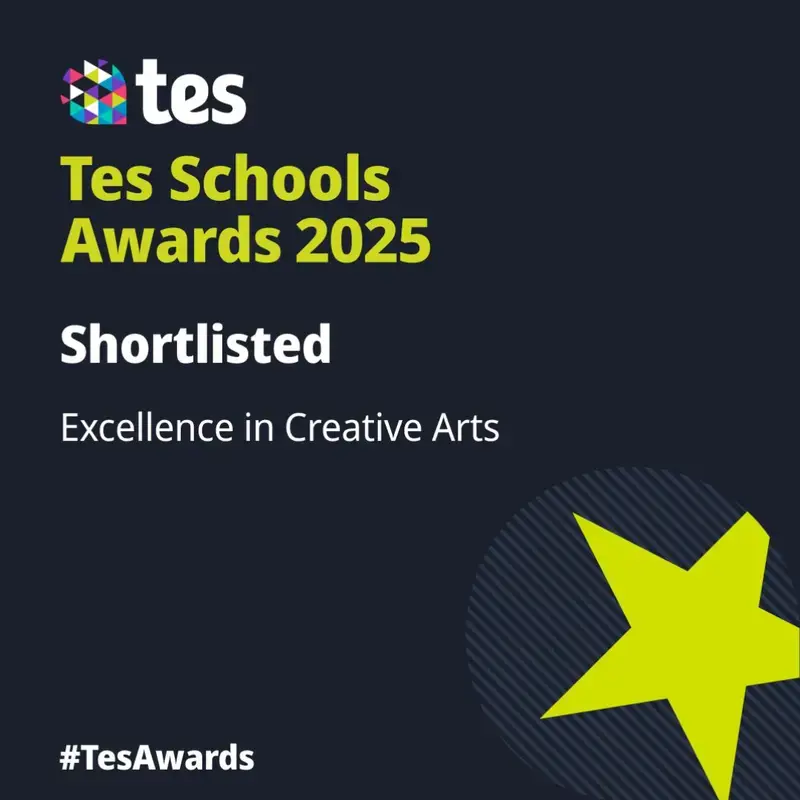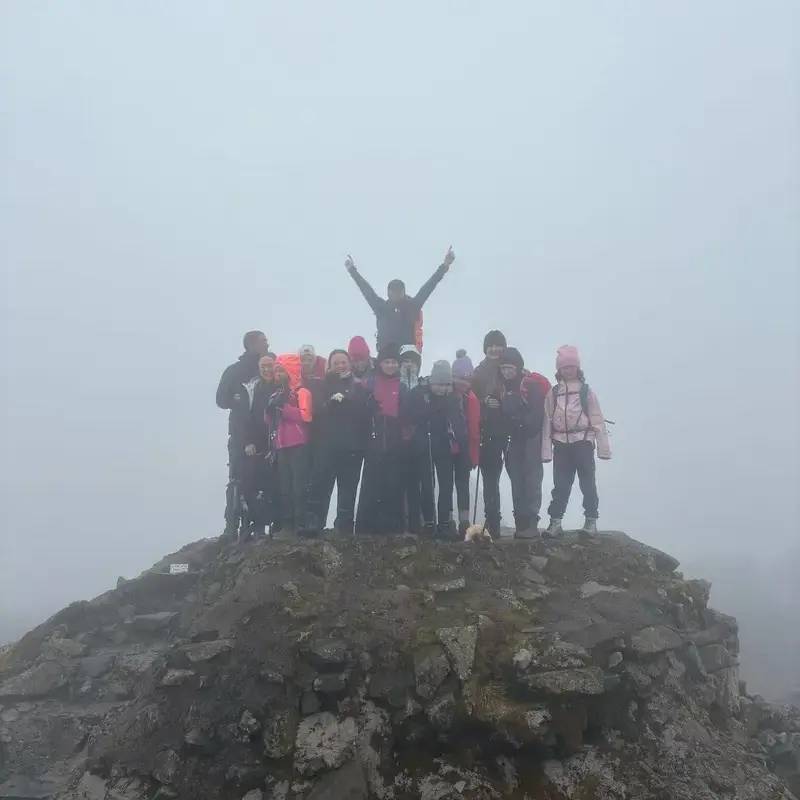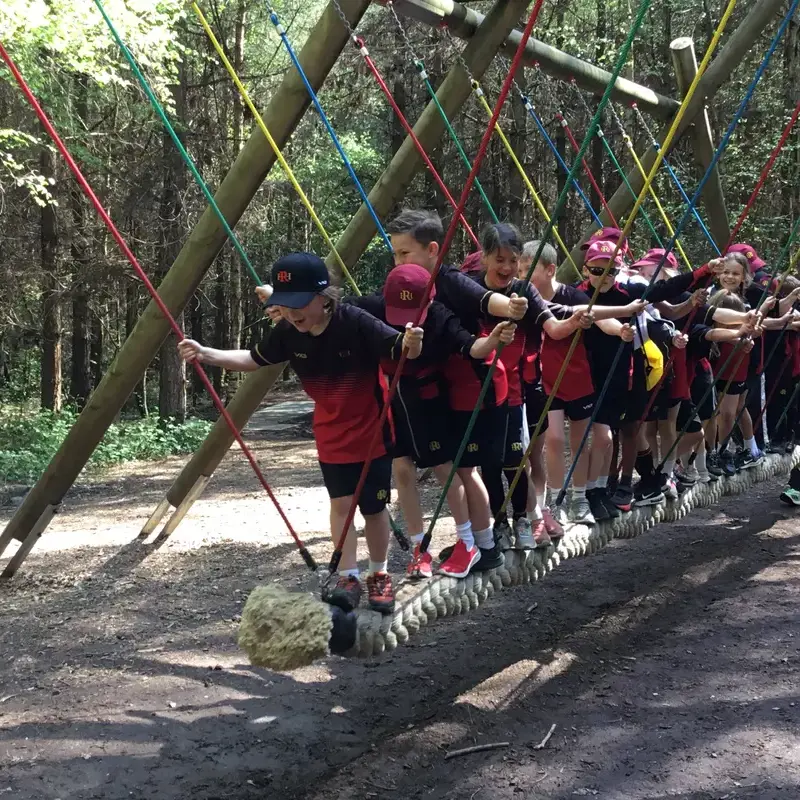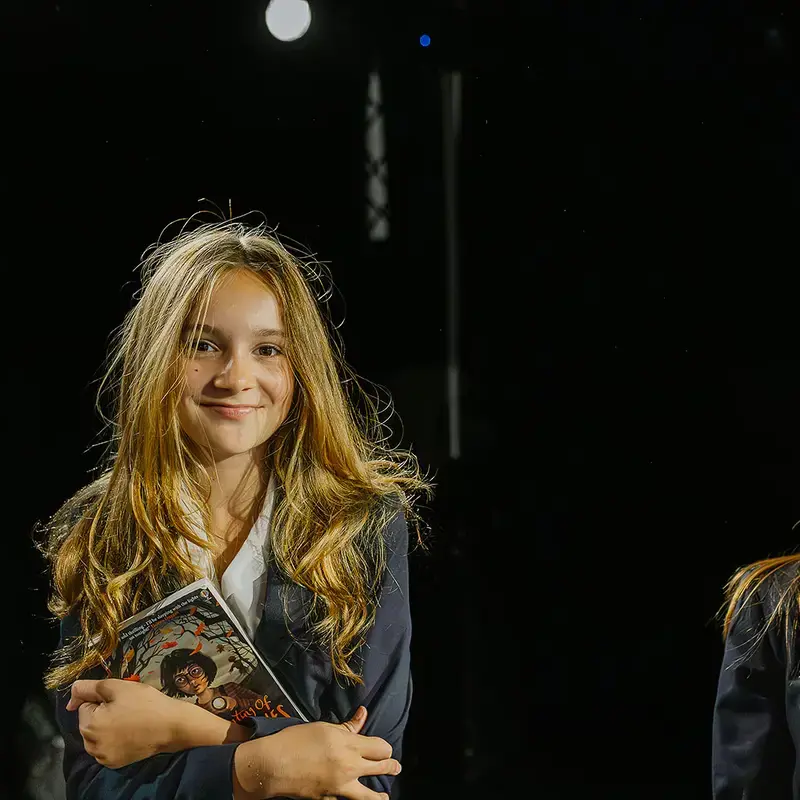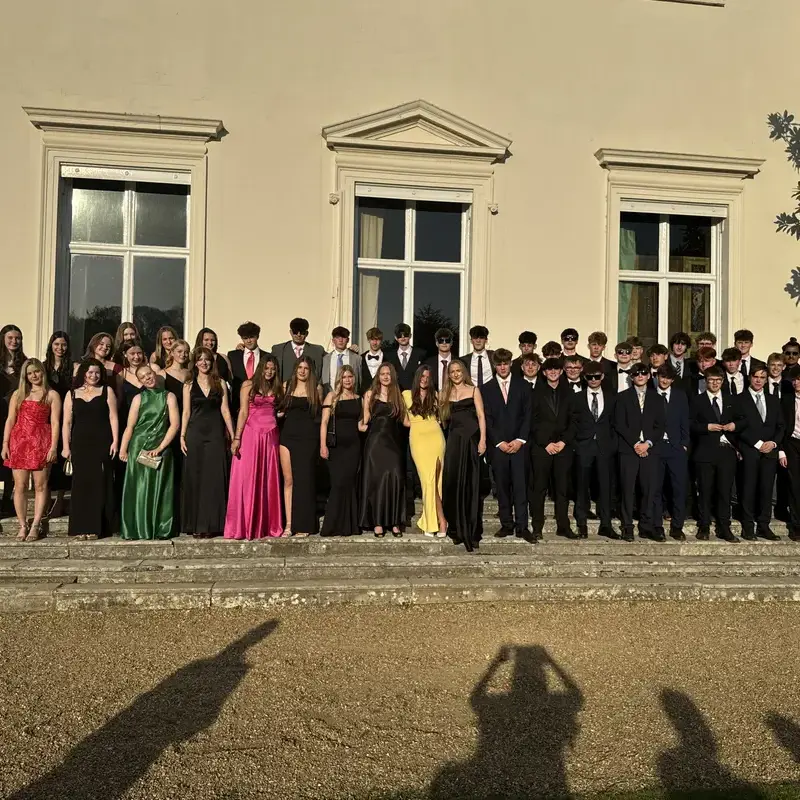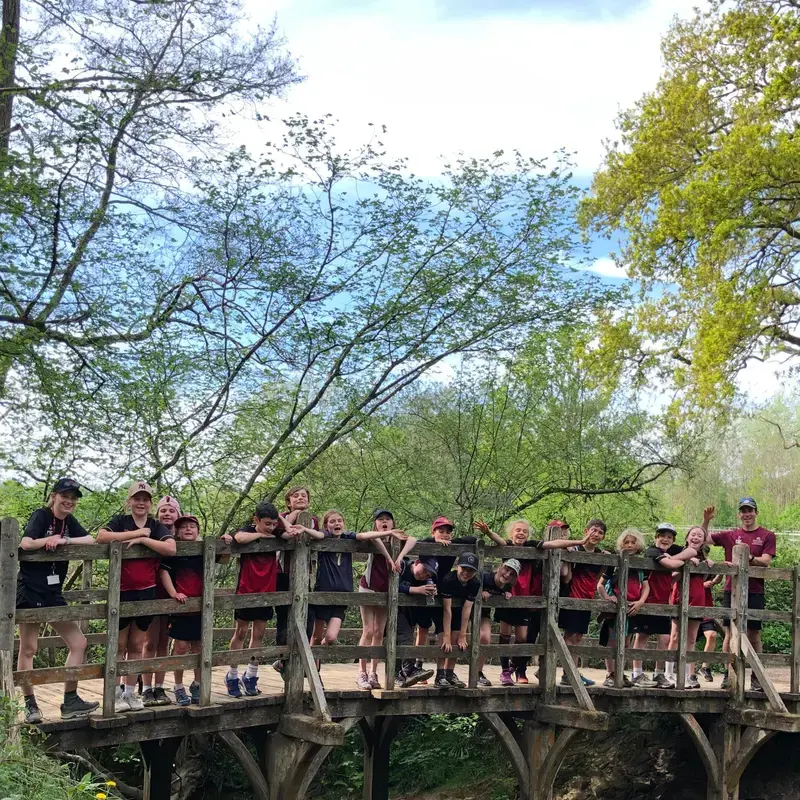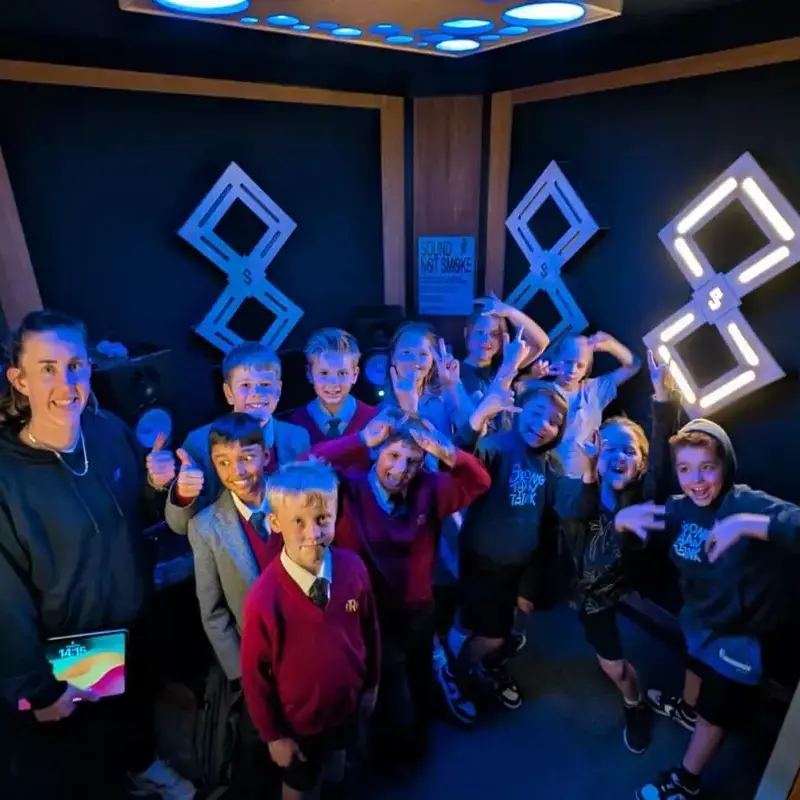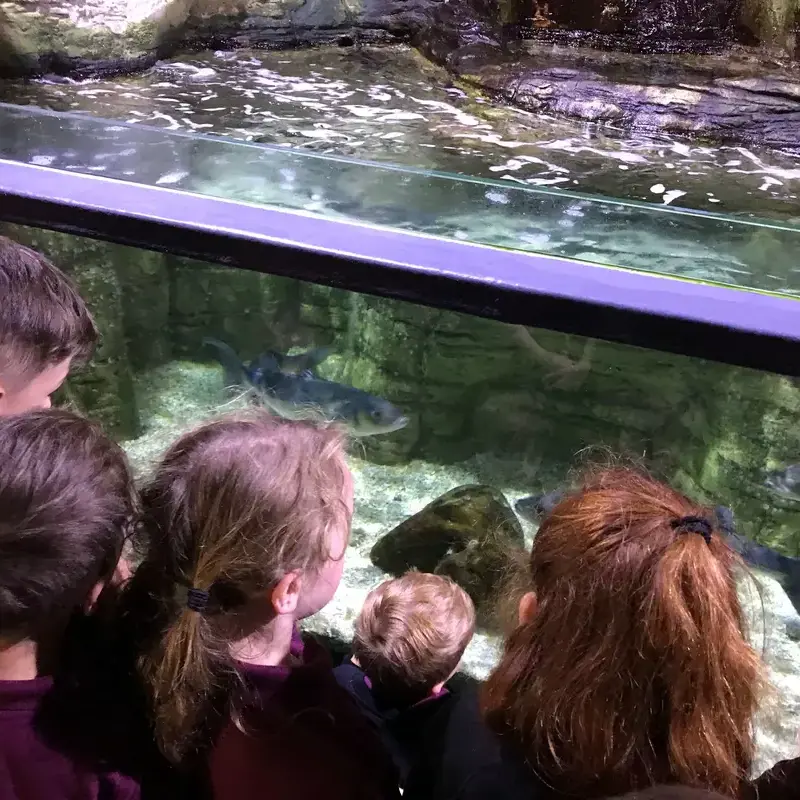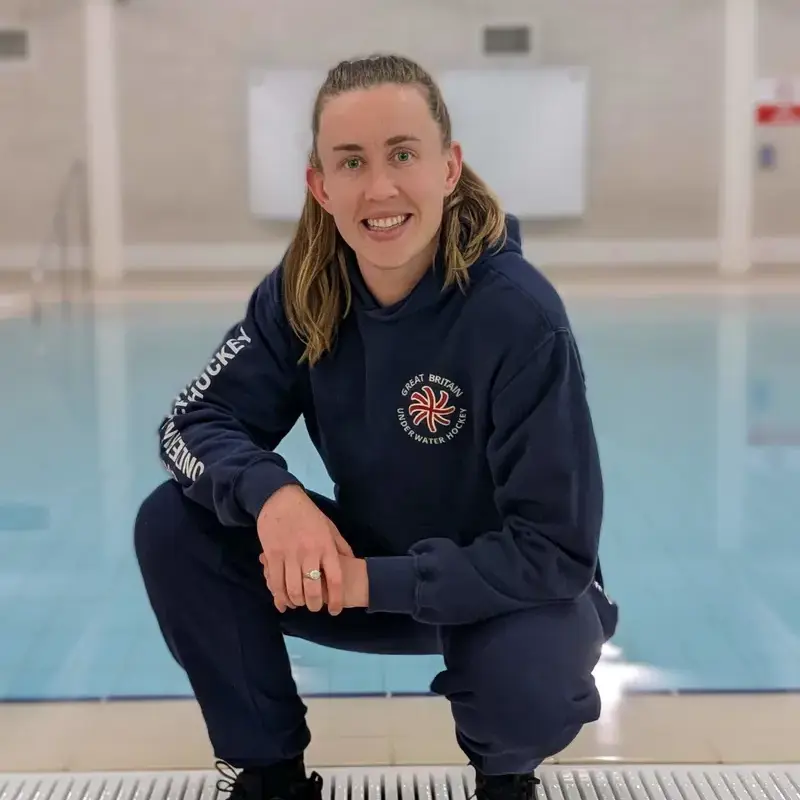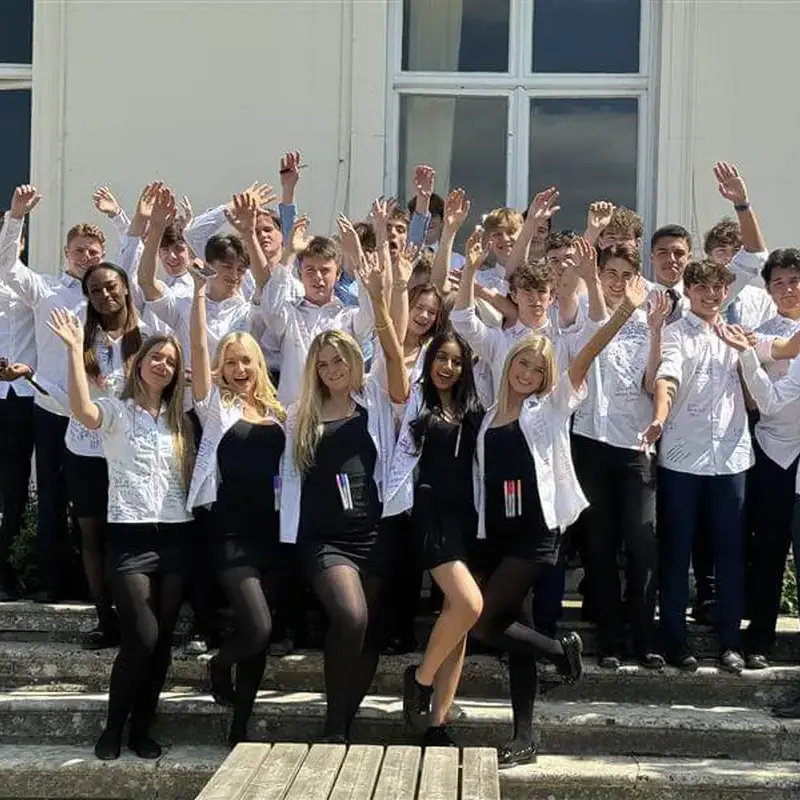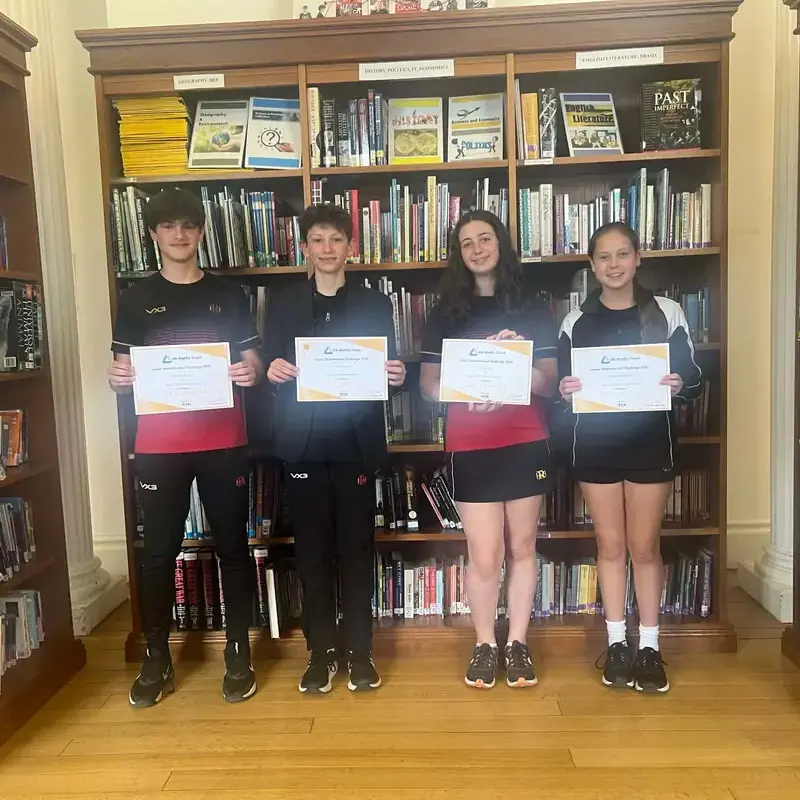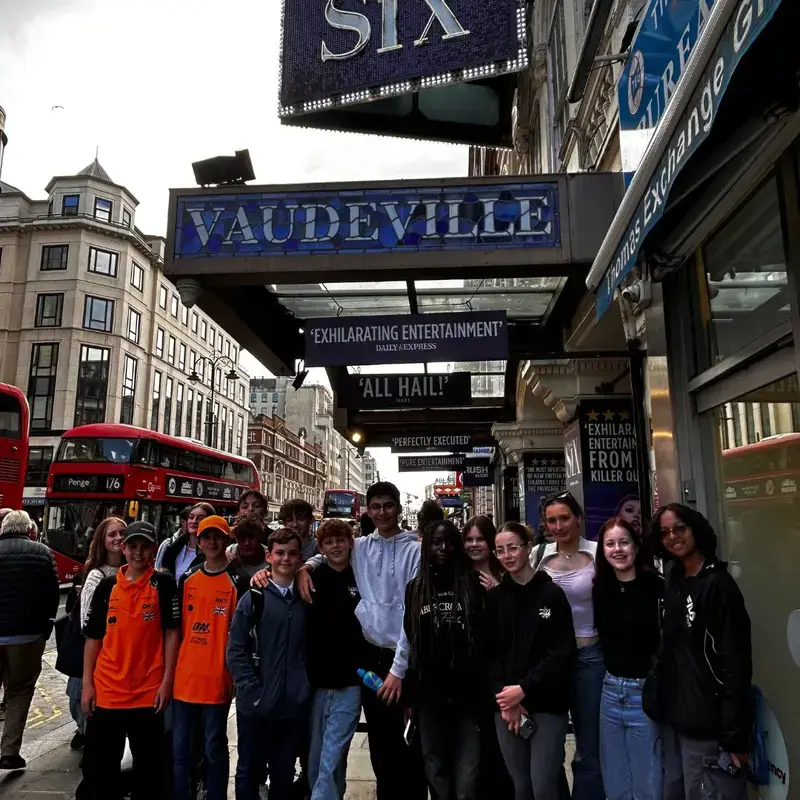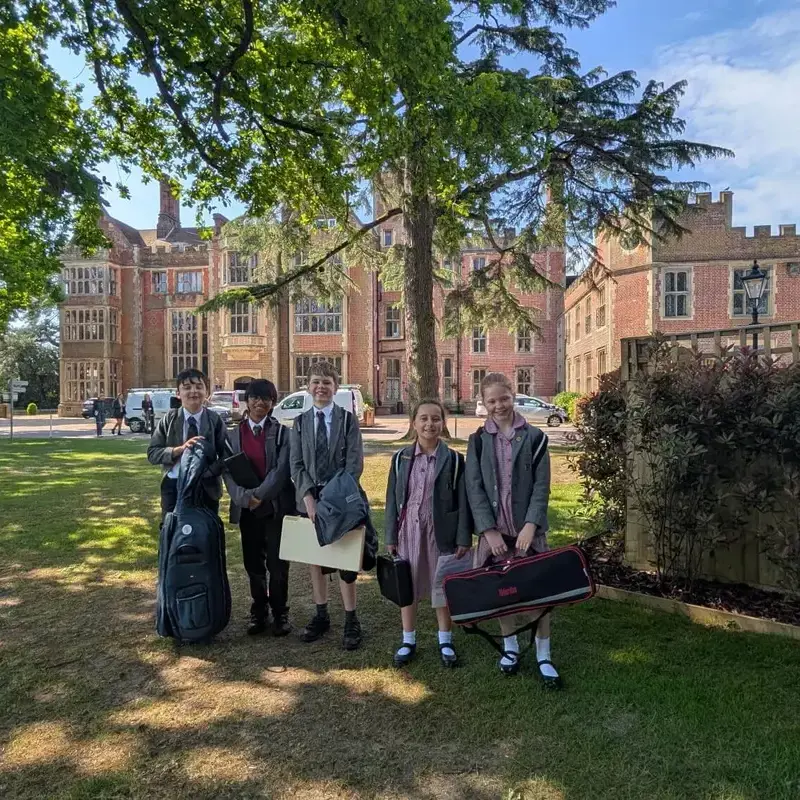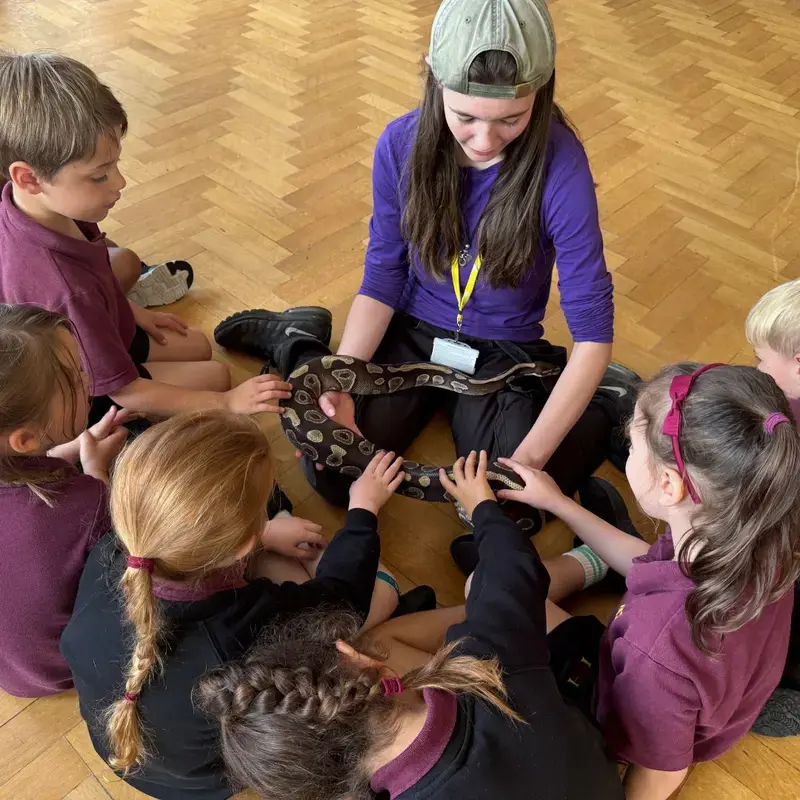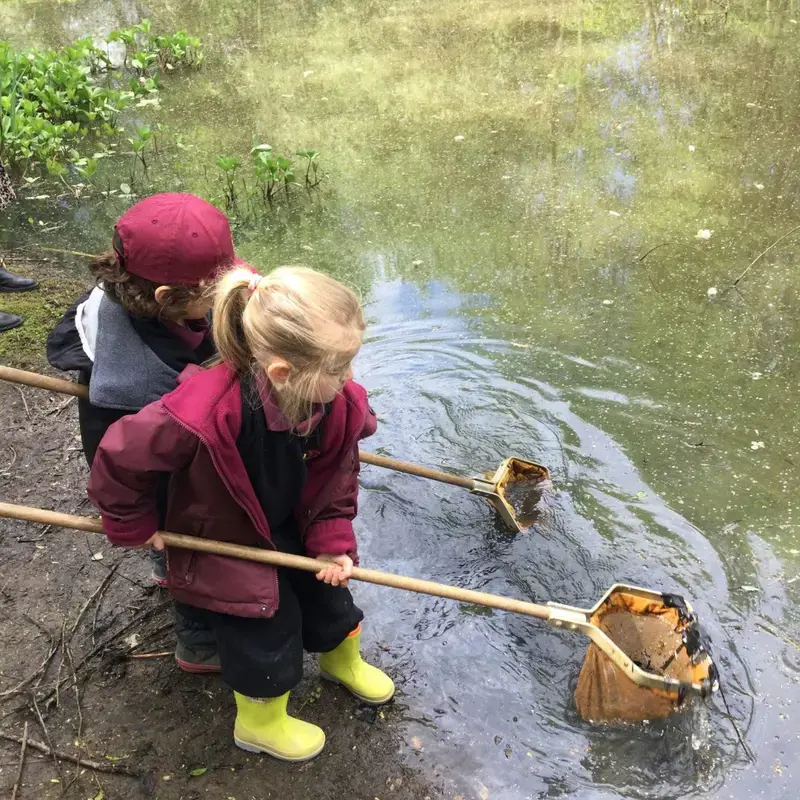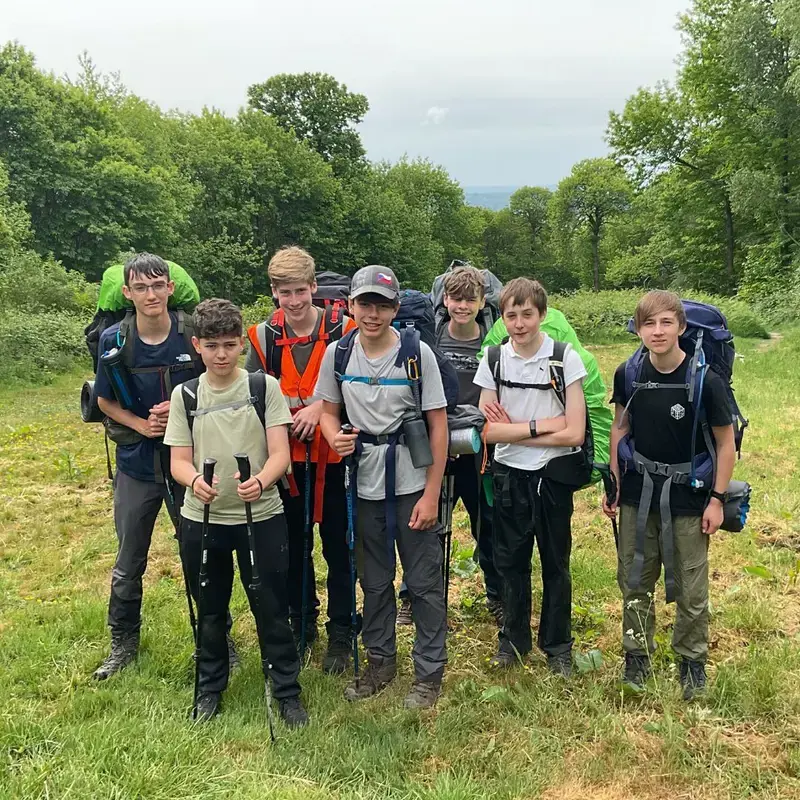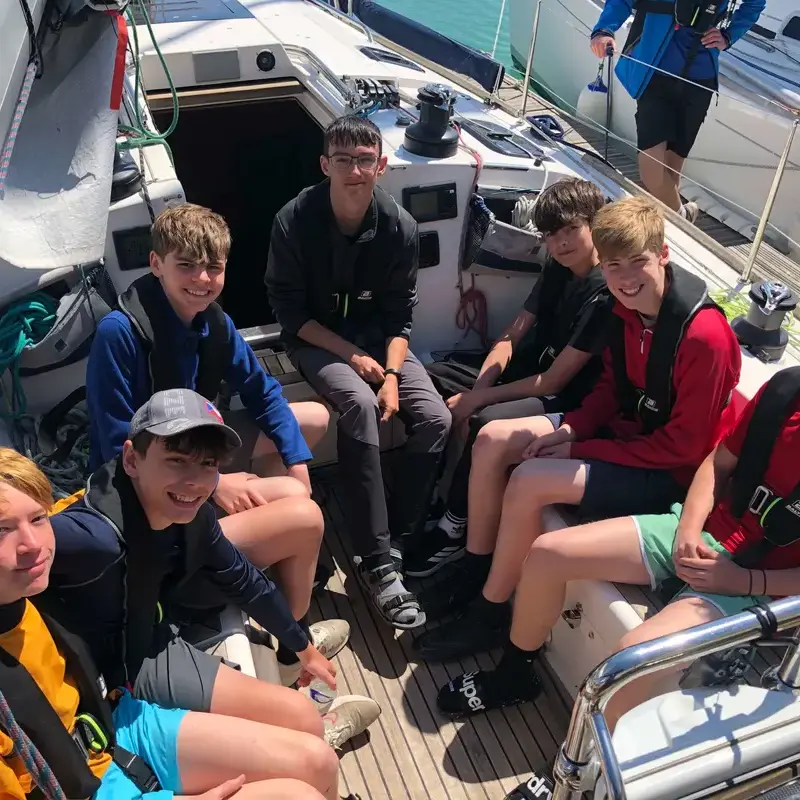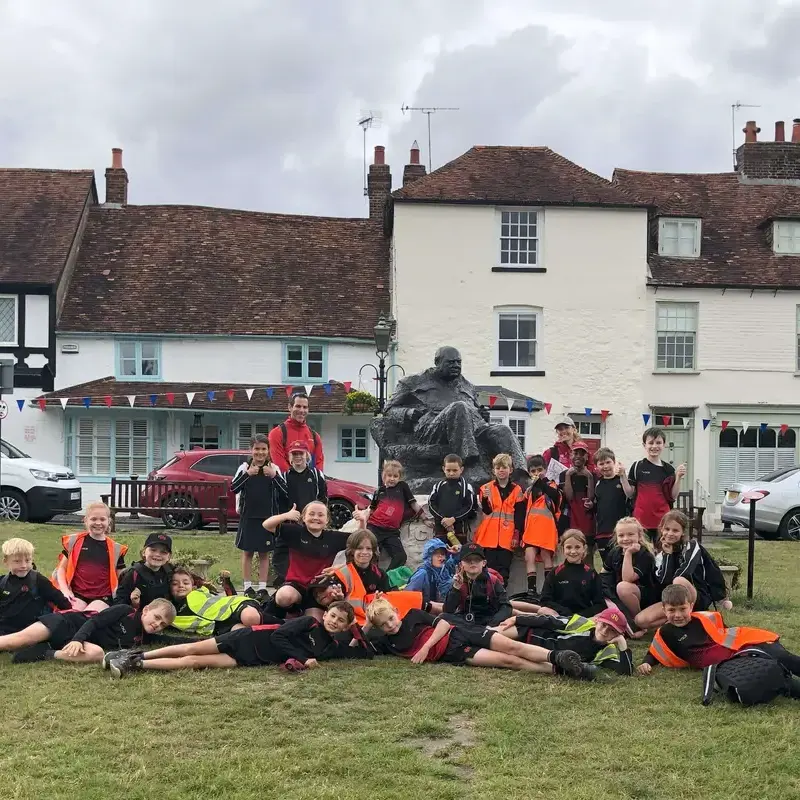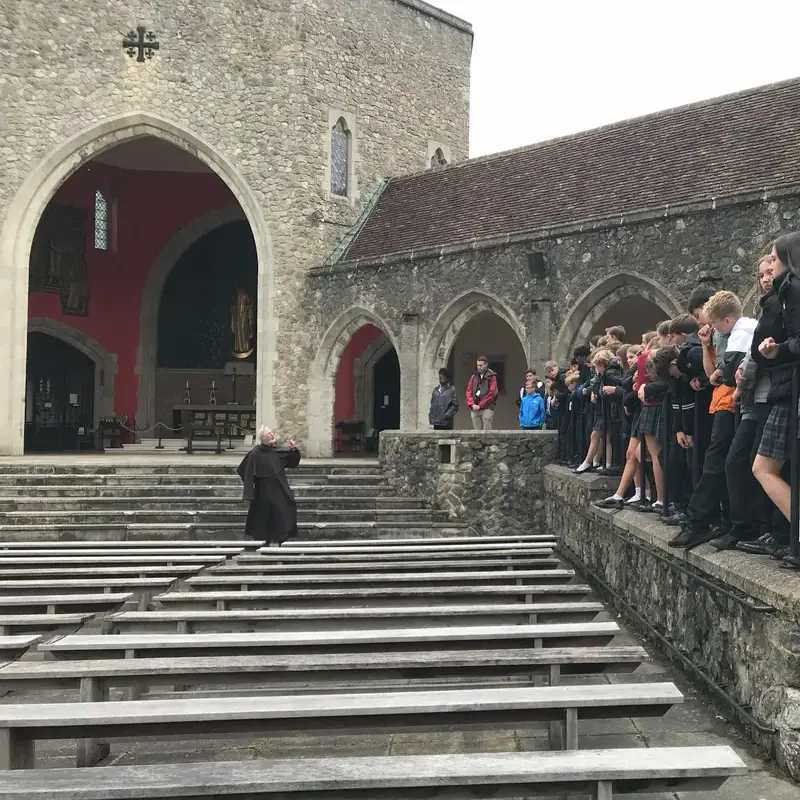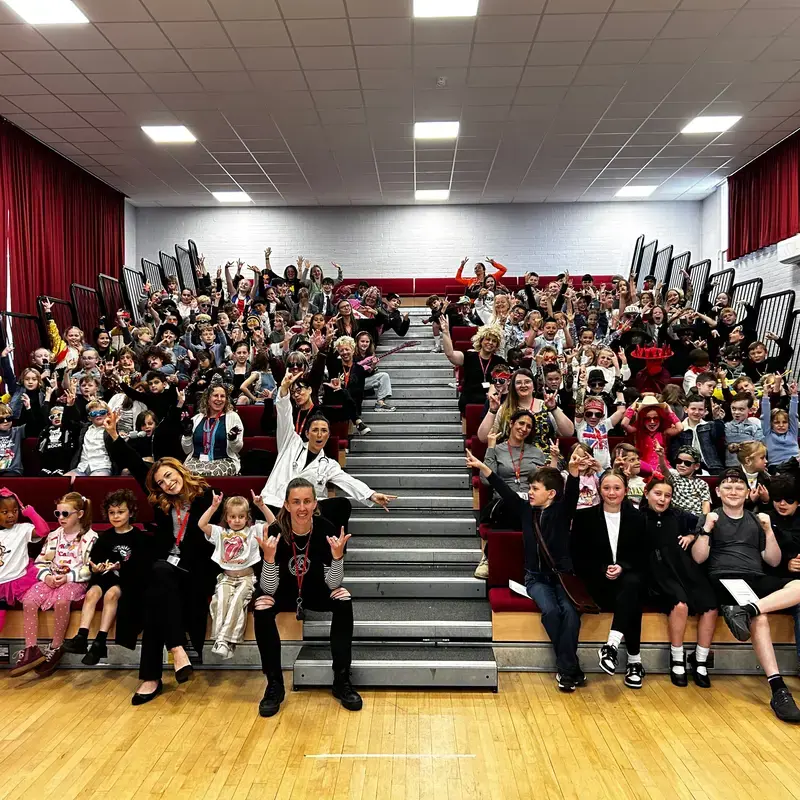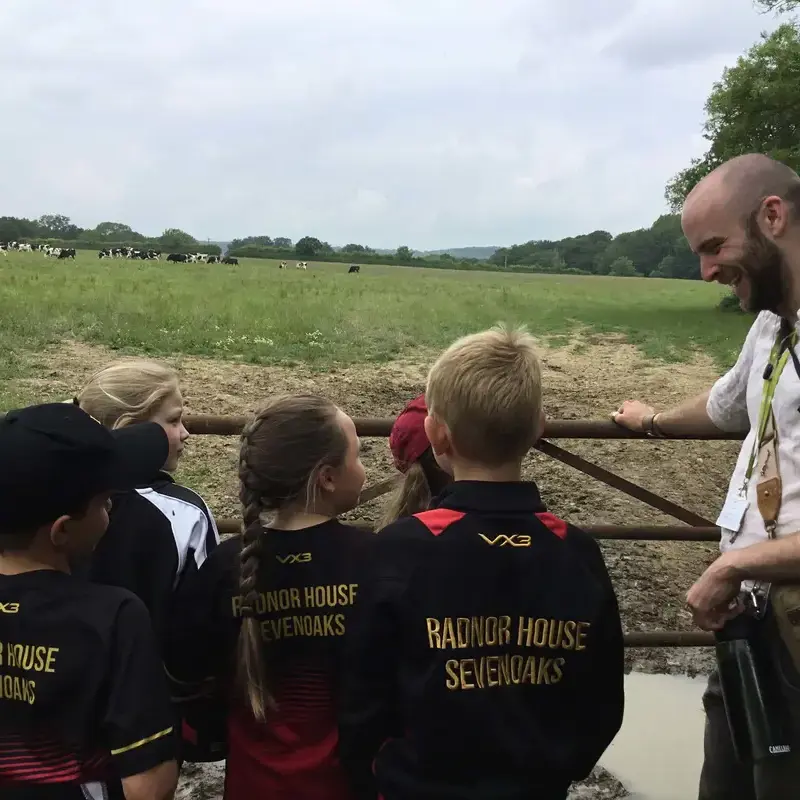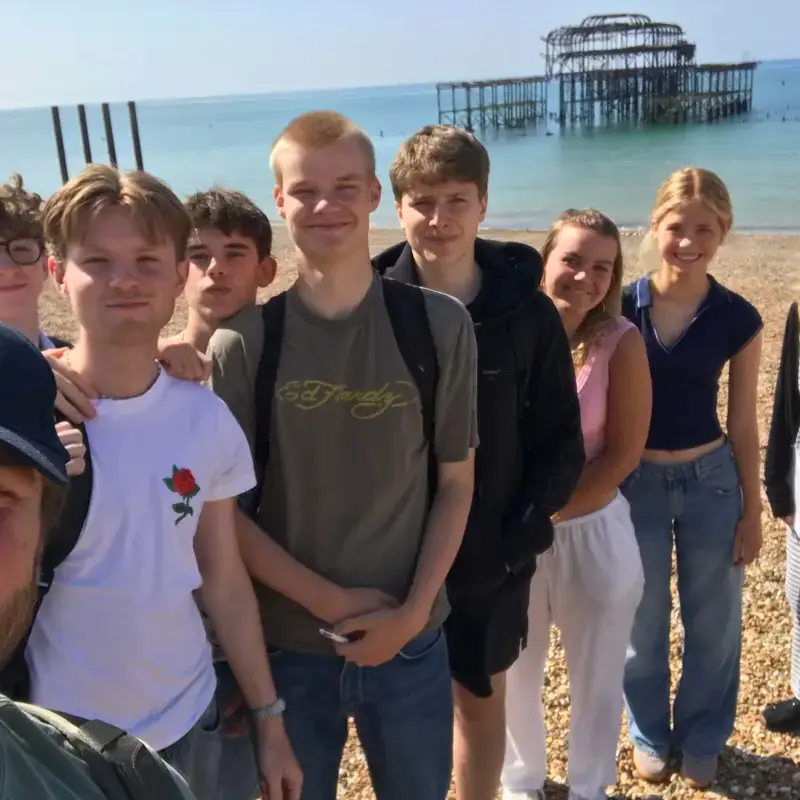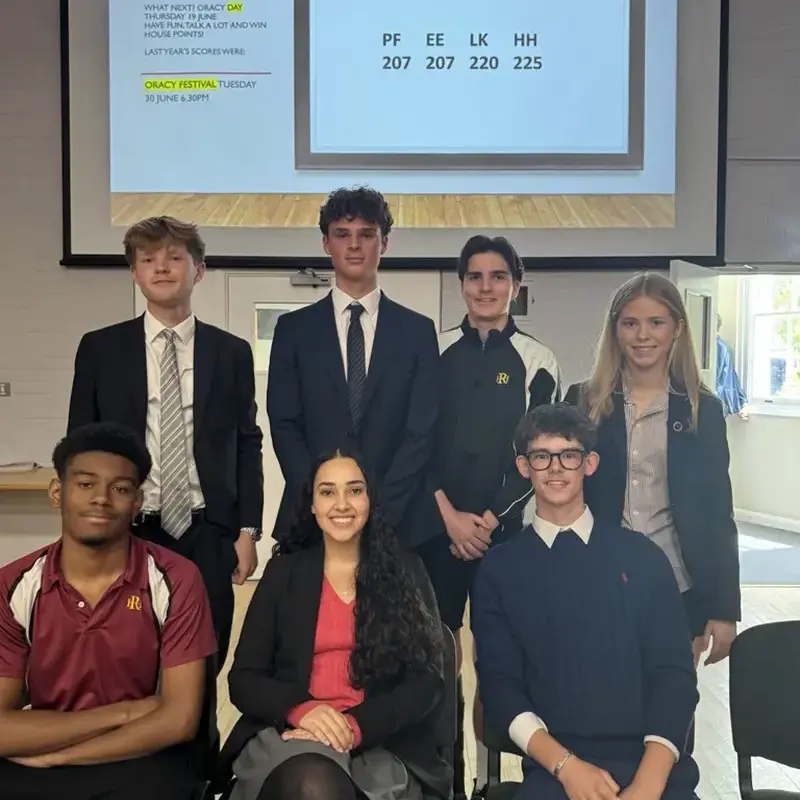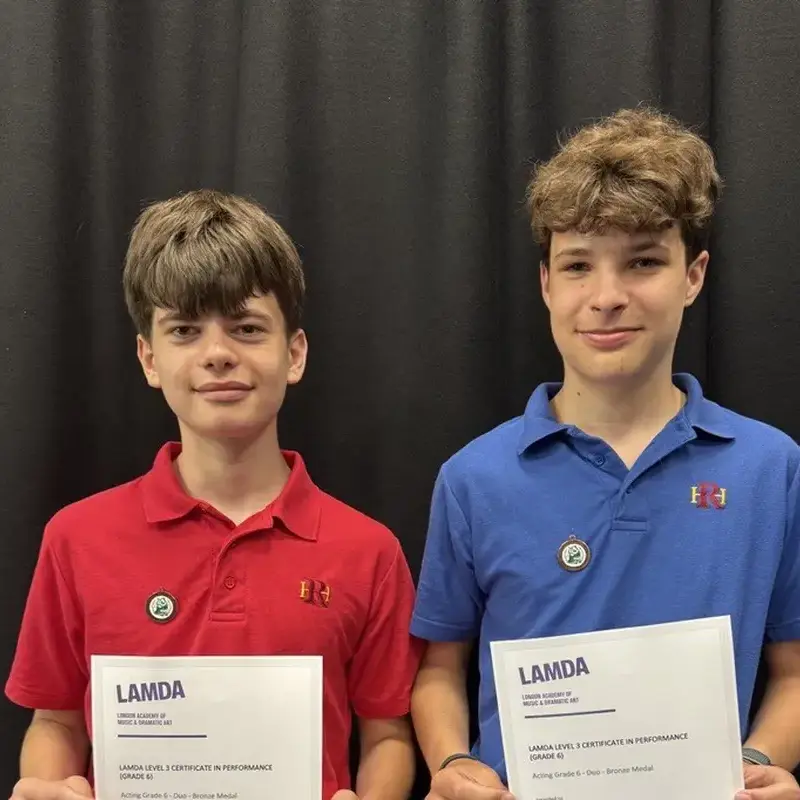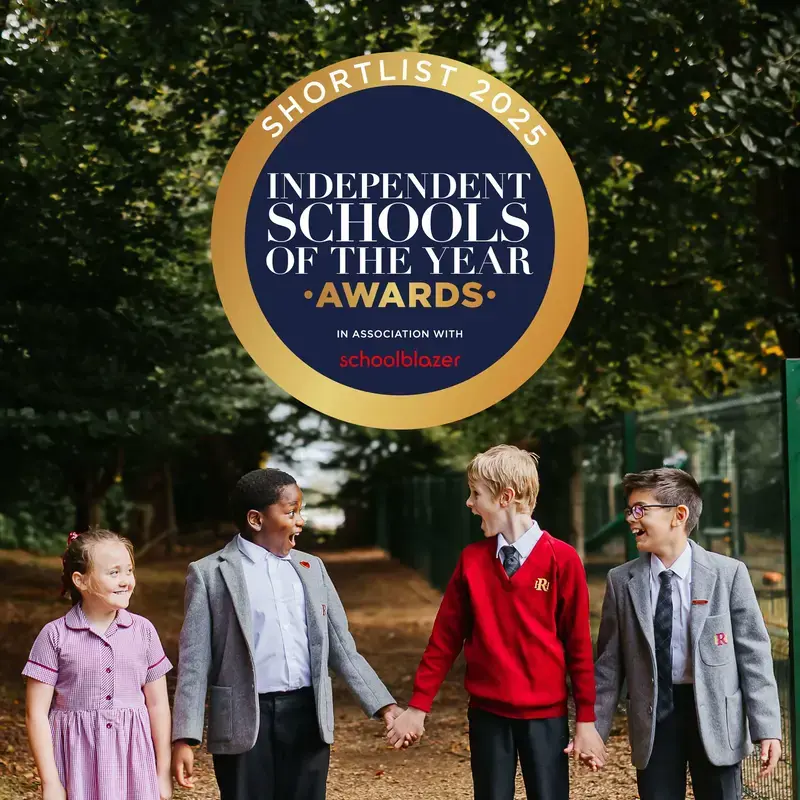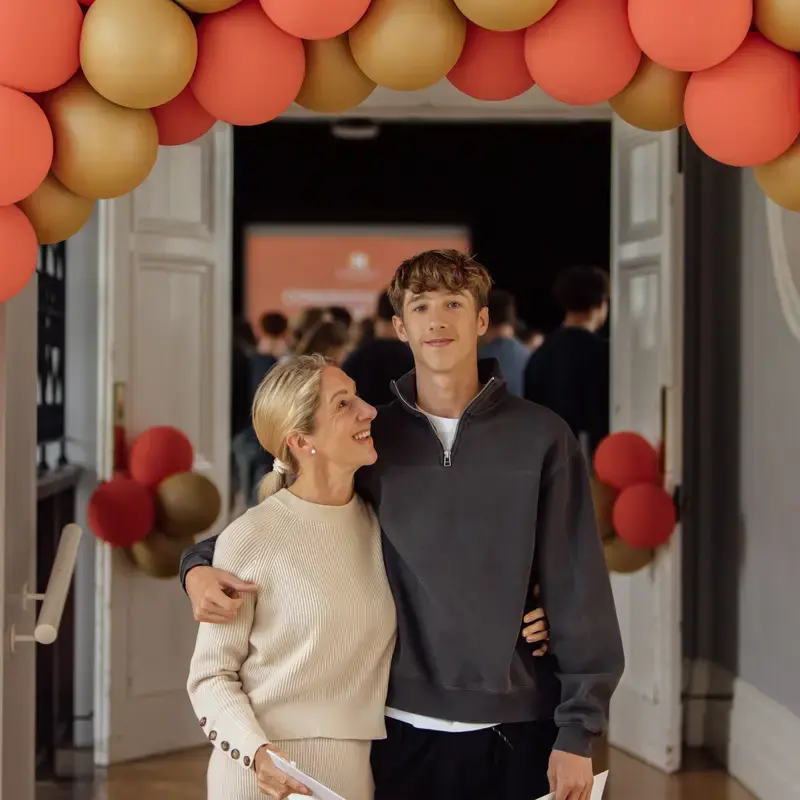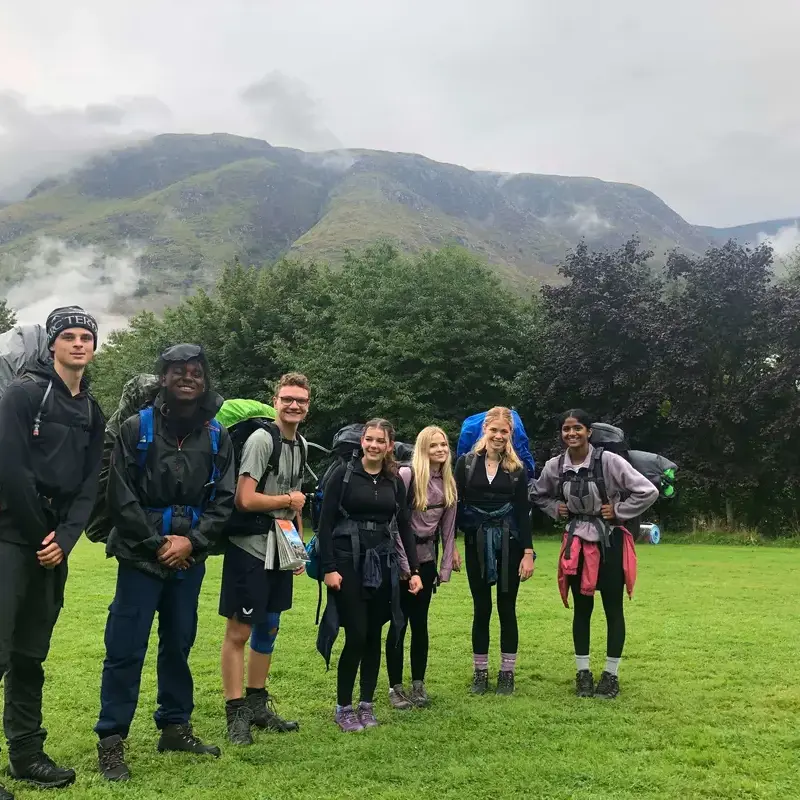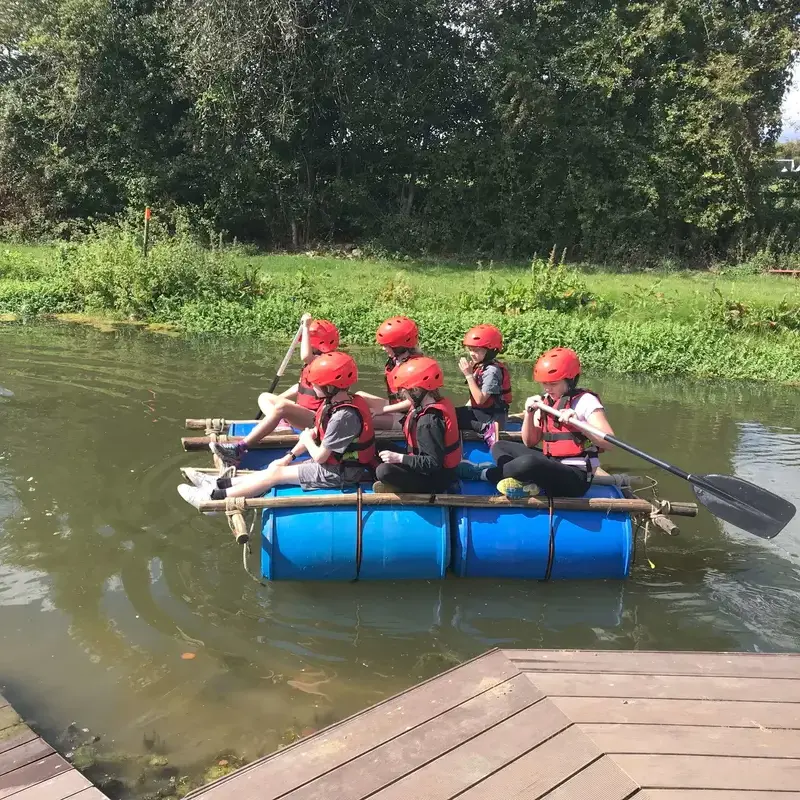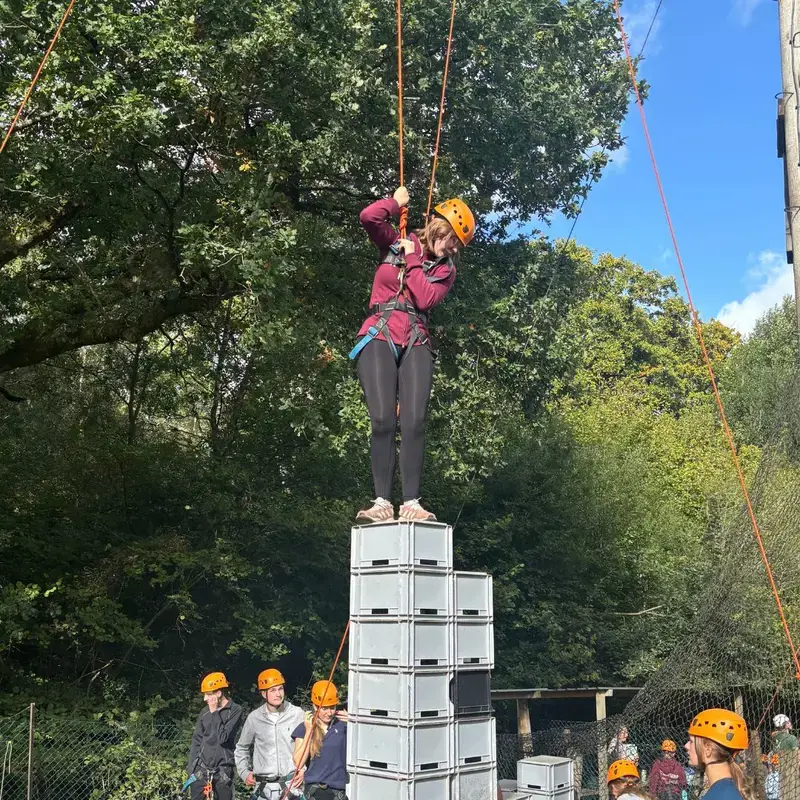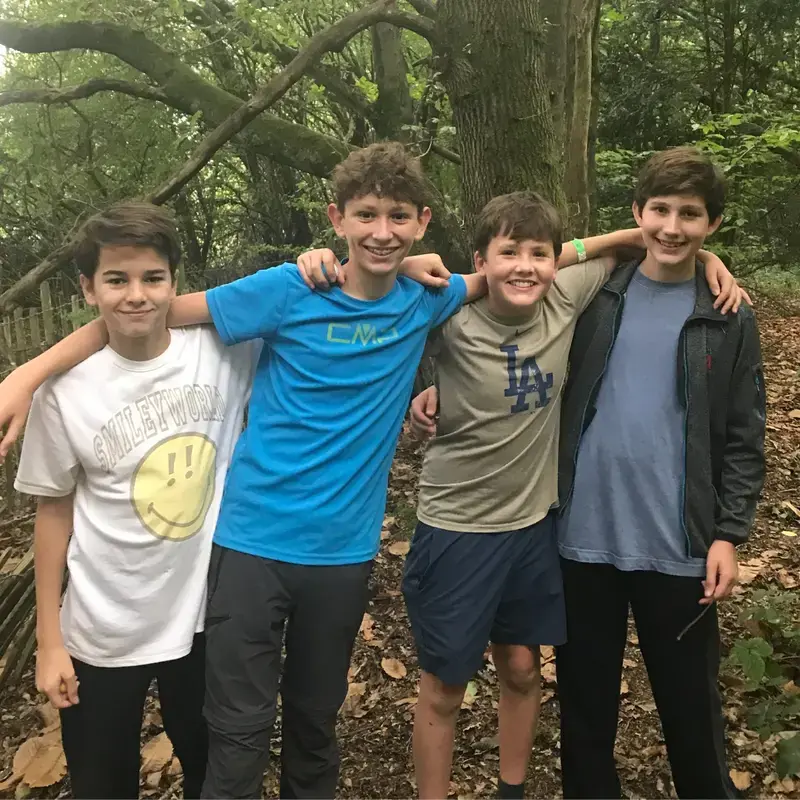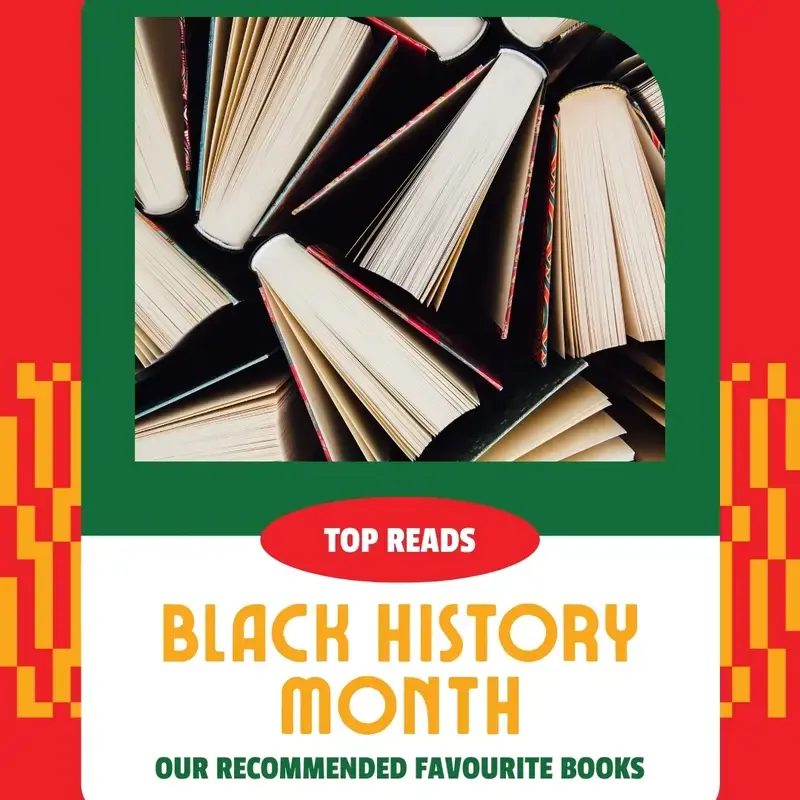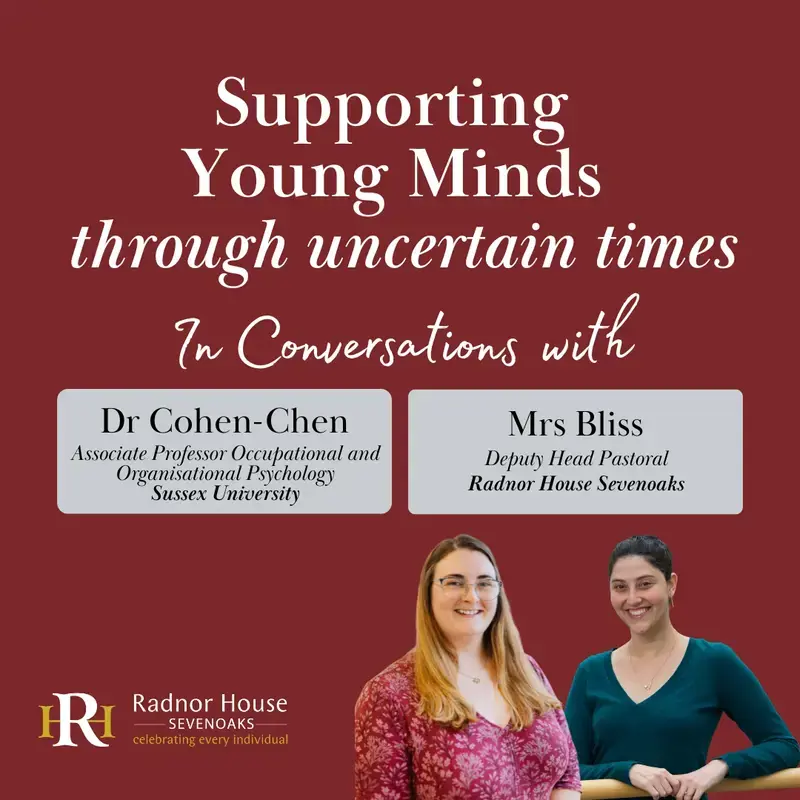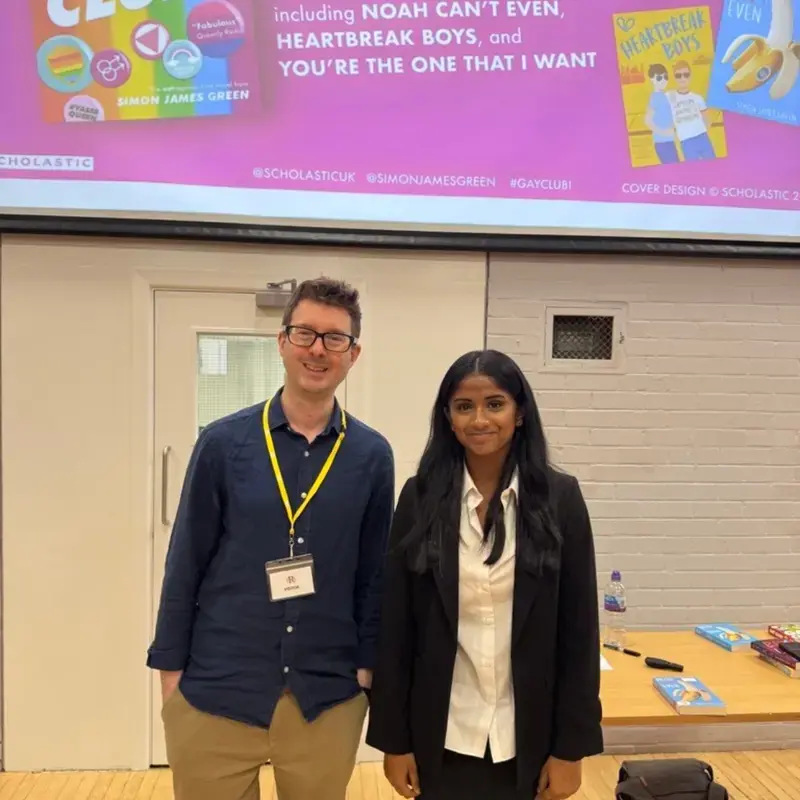In Conversations With: Why Representation in Books Really Matters
For our latest In Conversation With feature, Year 13 student Yarl sat down with acclaimed LGBTQ+ author Simon James Green following his inspiring talk to Upper School students about his writing career and why representation in books truly matters.
Together, they explored the stories, themes and lived experiences that shape his writing and their discussion ranged from the challenges and joys of portraying authentic LGBTQ+ voices in fiction to the growing conversation around censorship - particularly timely as the interview took place during Banned Books Week UK. Together, they reflected on the vital importance of freedom of expression, representation and identity and why everyone deserves to feel seen, valued and celebrated for who they are.
Yarl: Many of your books celebrate diversity and identity, what drew you to those stories?
Simon: When I was growing up, I never saw LGBTQ+ characters in books - particularly because Section 28 ensured you couldn’t find them in a school library. That lack of representation really affected me. If you never see people like you in stories, it’s almost as if you don’t exist. You have nothing to relate to or help you understand yourself. So I decided to write the books I wish I could have found at that age - stories where young LGBTQ+ people can actually recognise themselves.
Yarl: Monday 5 – Friday 11 October was Banned Books Week. What does that mean to you as a writer?
Simon: Well, it means I’m reminded that some of my books have been banned - especially in the US. Llama Glamorama and Gay Club! are among those challenged or restricted in places. Banned Books Week highlights why it’s so important for everyone to have their stories heard. The world is diverse - literature should reflect that and like many authors, I’ll keep campaigning for the freedom to read and for books to reach the readers who need them most.
Yarl: What do we lose when we start banning books in schools and libraries?
Simon: Young people lose a sense of themselves - and the chance to understand others. Books build empathy. They let you step inside someone else’s life, see the world through their eyes. When books are banned, you take away opportunities for connection, self-discovery and understanding.
Yarl: Your books don’t shy away from sensitive subjects. Why are those conversations important in fiction?
Simon: Because that’s real life. Life is messy and complicated - and sometimes frightening. Books are a safe space to explore those realities for the first time, and they’re curated by people who care - librarians, educators - who understand what young people need. That’s a far healthier way to learn than coming across content online without context or credibility. Telling the truth in fiction keeps people safer.
Yarl: What advice would you give to a young person who wants to talk about difficult topics but doesn’t know where to start?
Simon: Start with books. Start in the library - a quiet space where you can explore without judgement. That’s where I found my tribe at school; people reading the same things, thinking the same thoughts. It helps you realise you’re not alone. And seeing characters asking the same questions can help clarify your own thoughts and give you the confidence to have open discussions.
Yarl: Why is freedom of expression in literature vital for society?
Simon: We have to be able to talk openly. That doesn’t mean a right to spread hate or cause harm without consequences - that’s not free speech. True freedom of expression helps us live alongside each other respectfully. We must protect literature that encourages understanding, not suppress the voices of those some people would rather erase.
Yarl: How can schools and communities support students in exploring challenging ideas safely?
Simon: Providing a diverse library and bringing in speakers and role models - like the wonderful opportunity I’ve had with students at Radnor House - it is so important. By showing young people what positive, respectful dialogue looks like, demonstrates not everything has to be a rage-filled online debate. When we create safe spaces where people can listen and learn from one another, everyone benefits. Thank you to Radnor House for inviting me.
